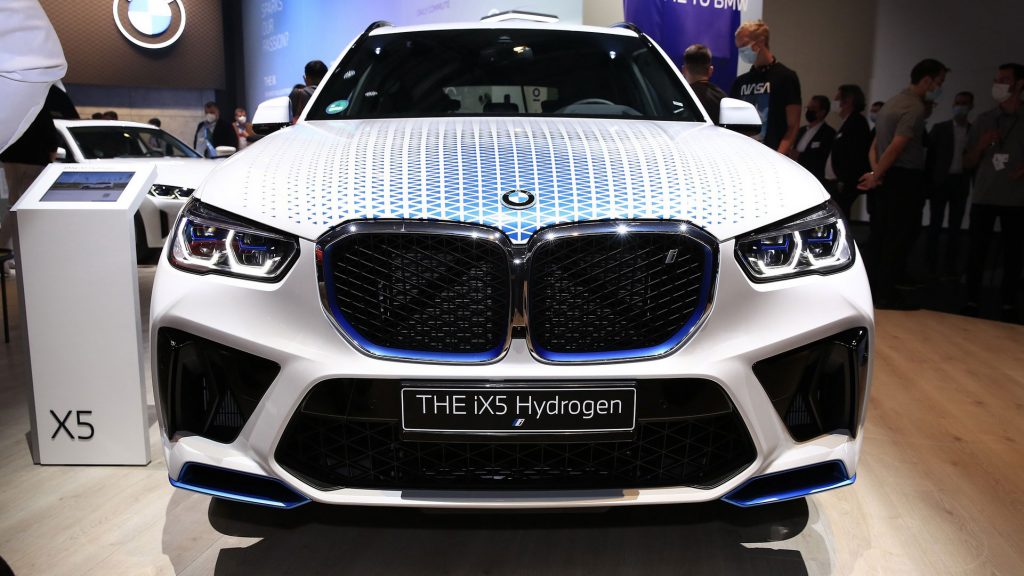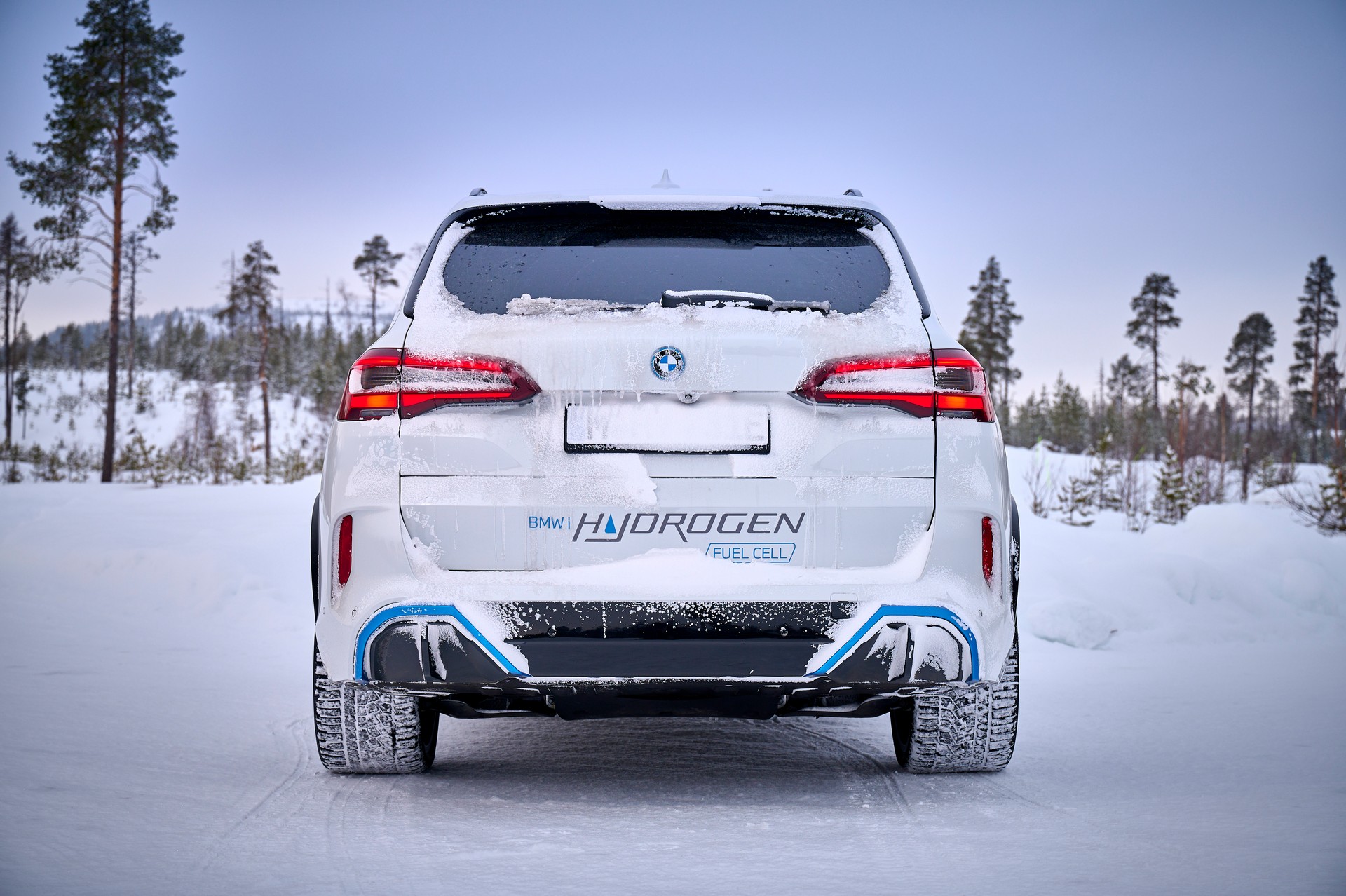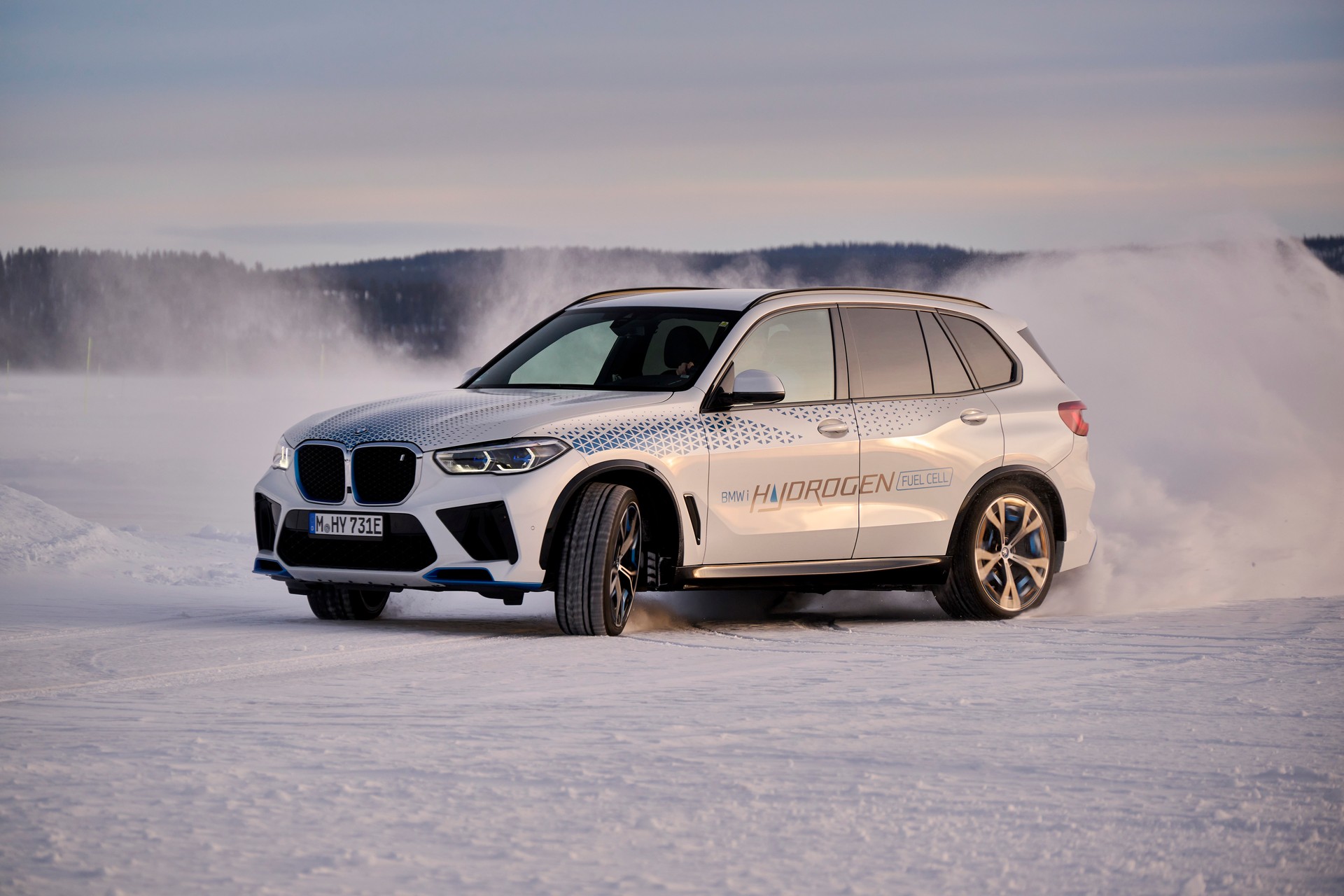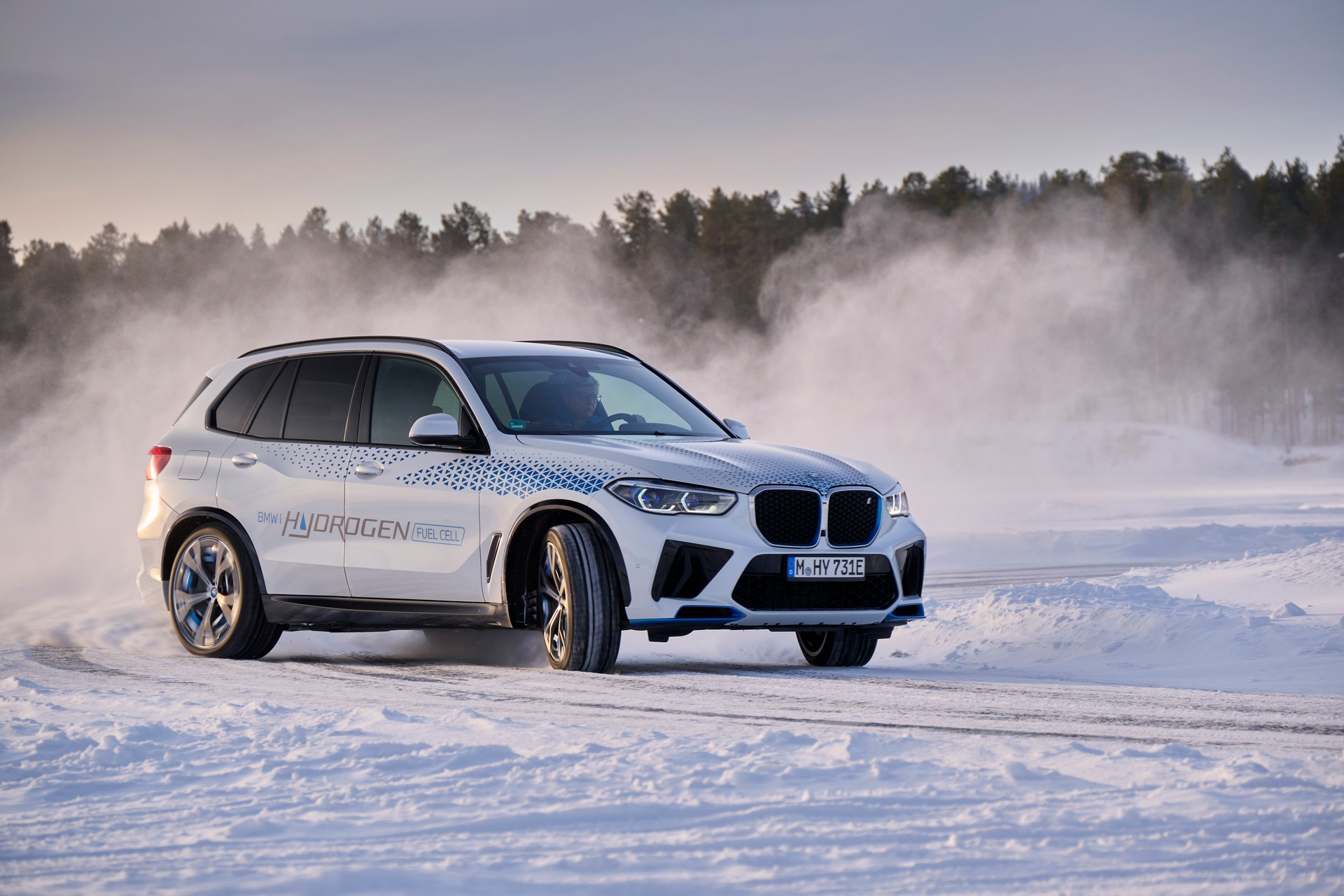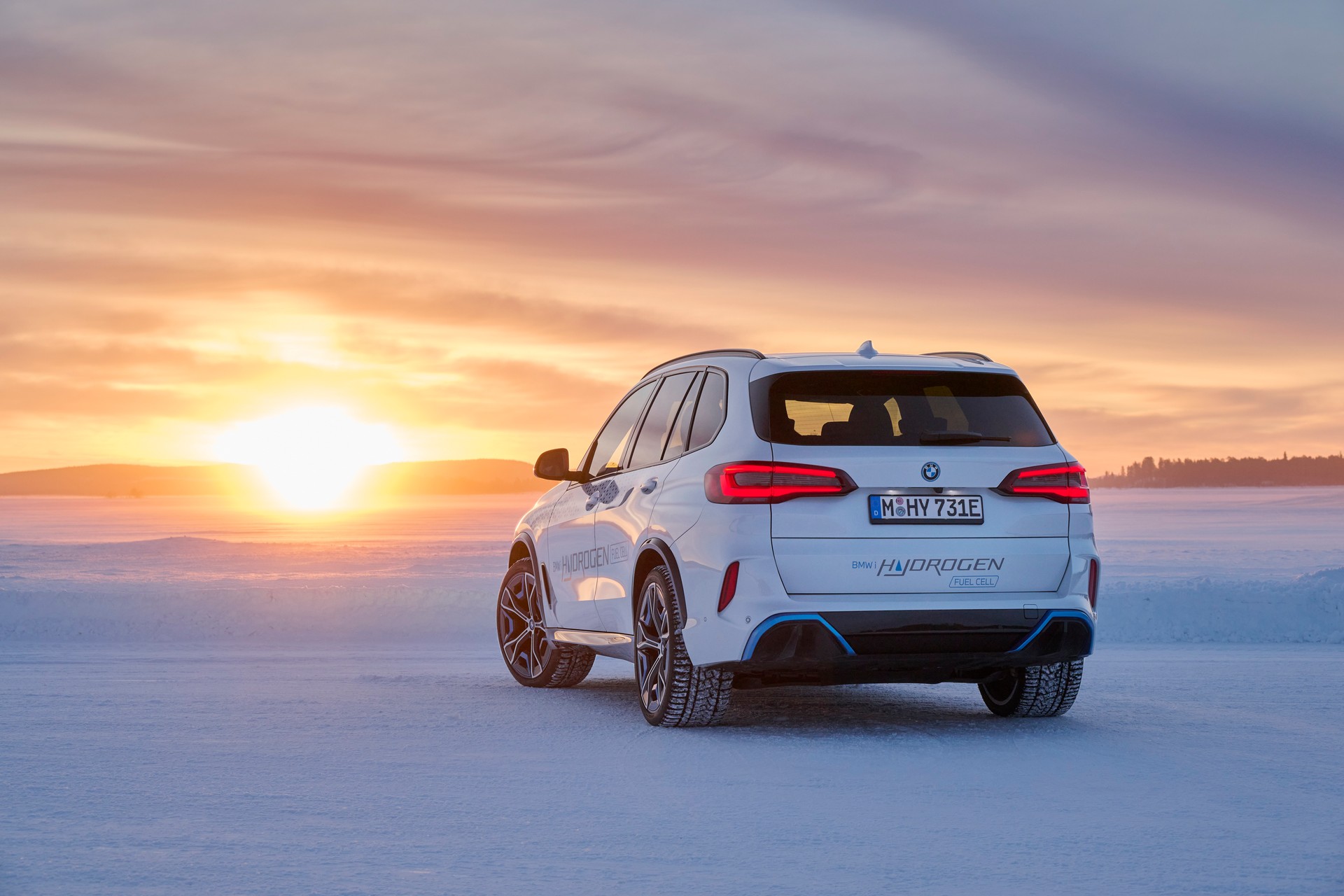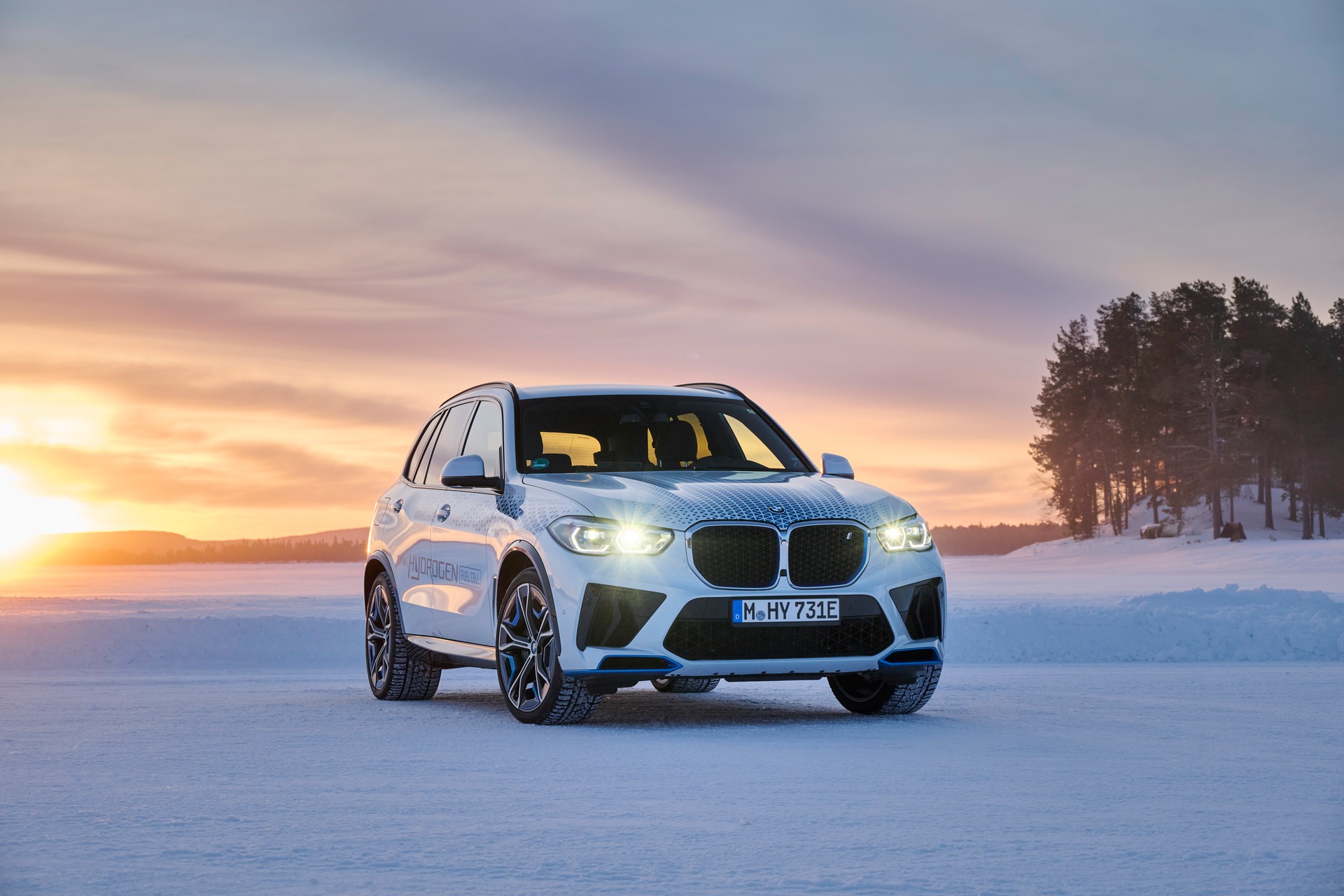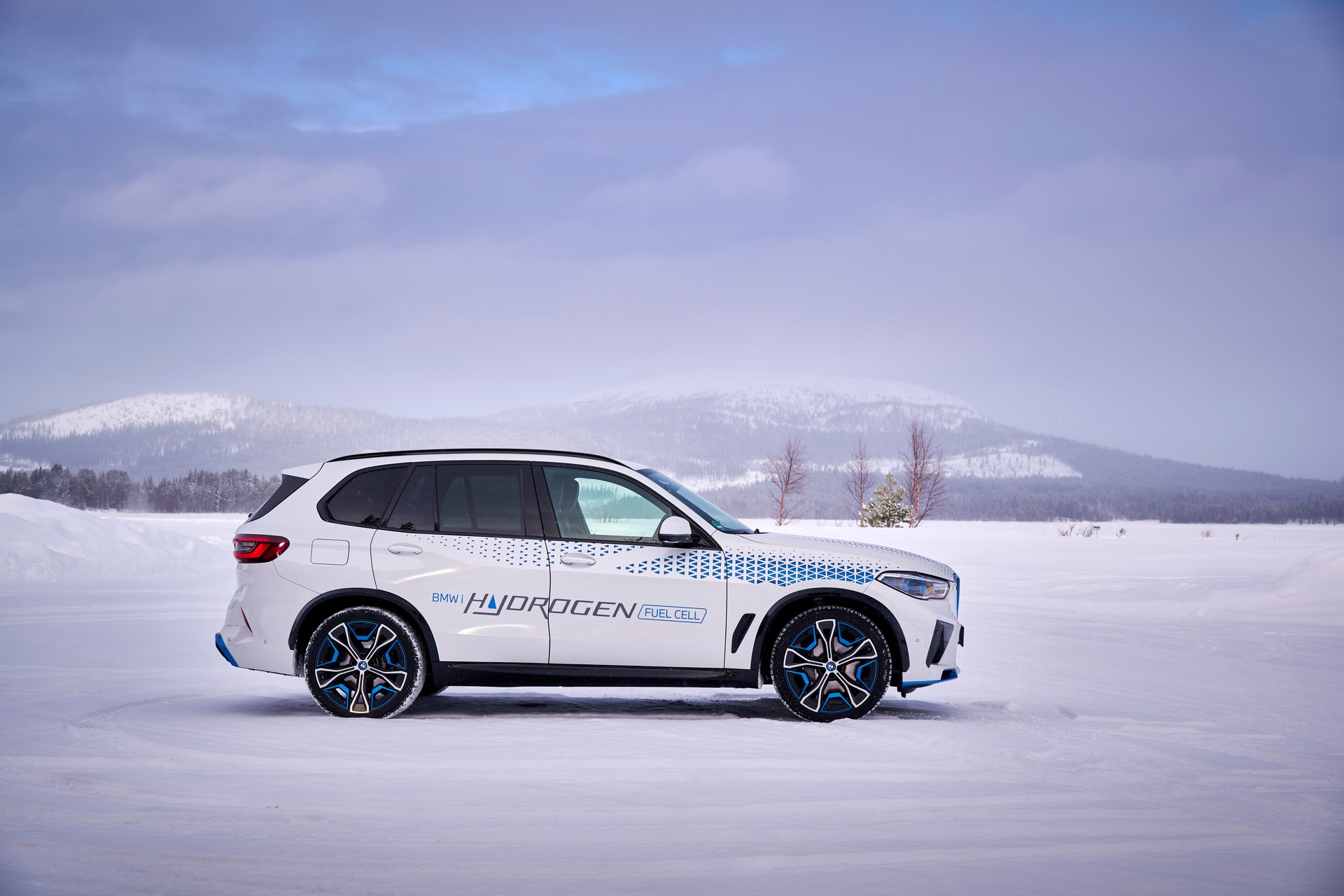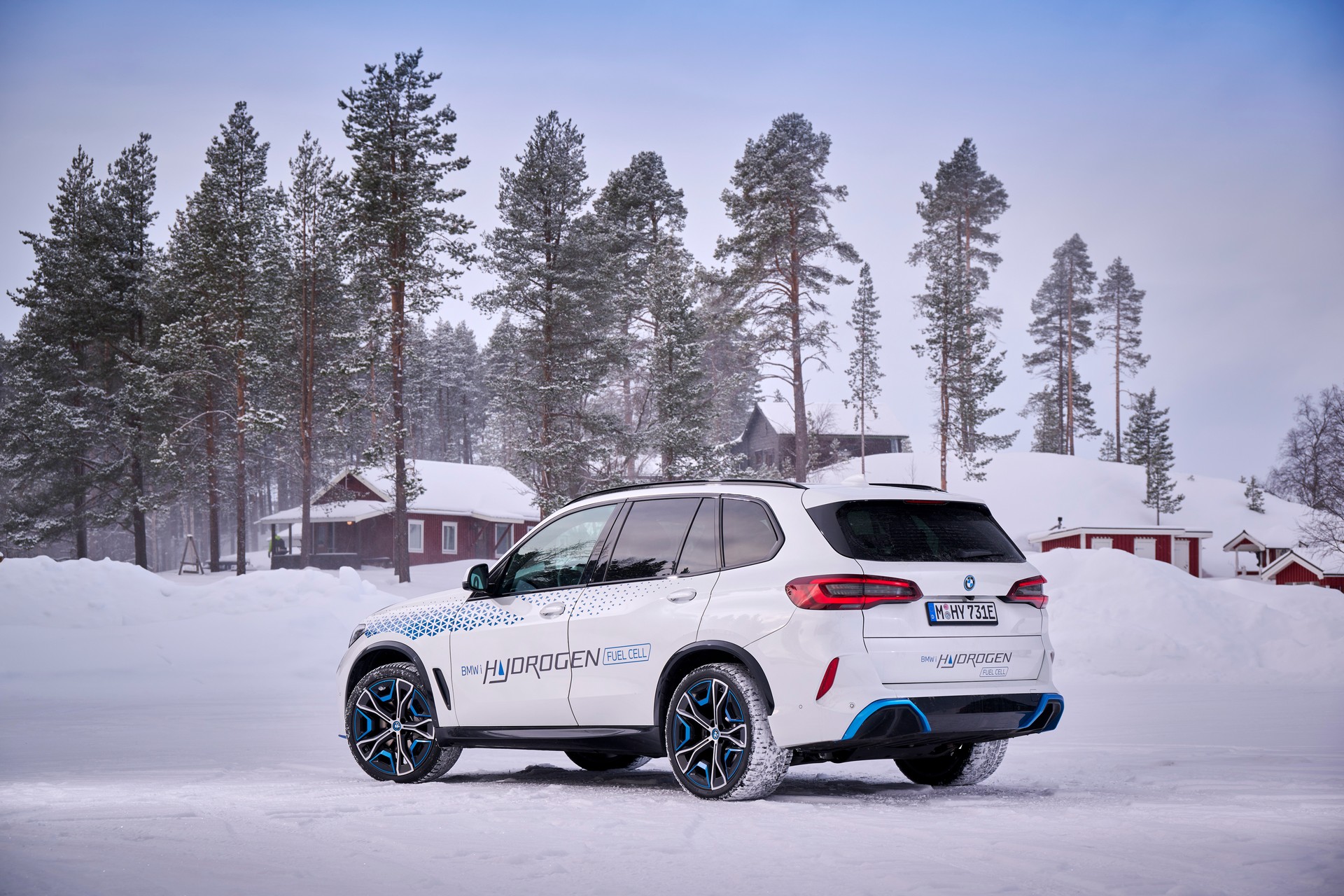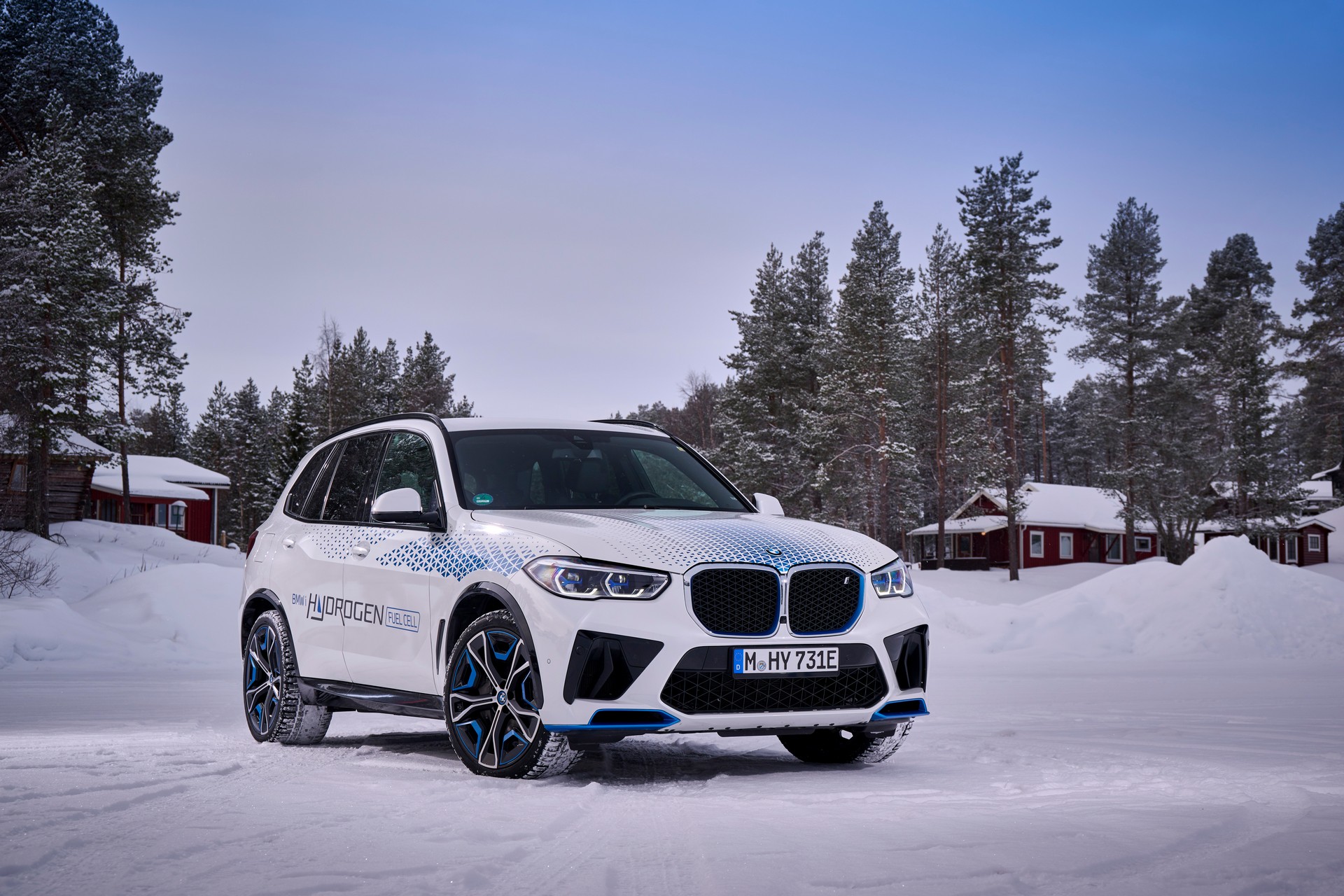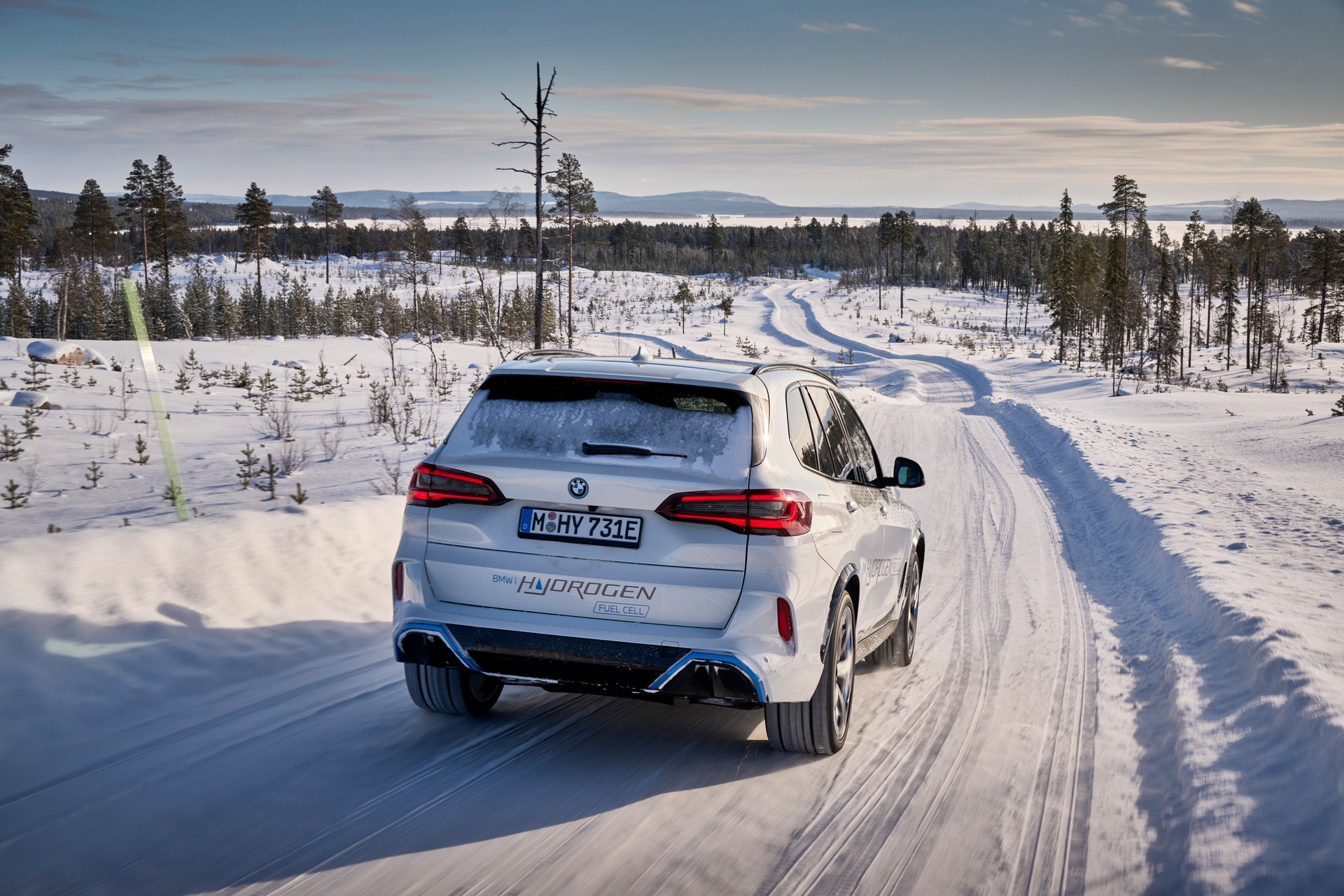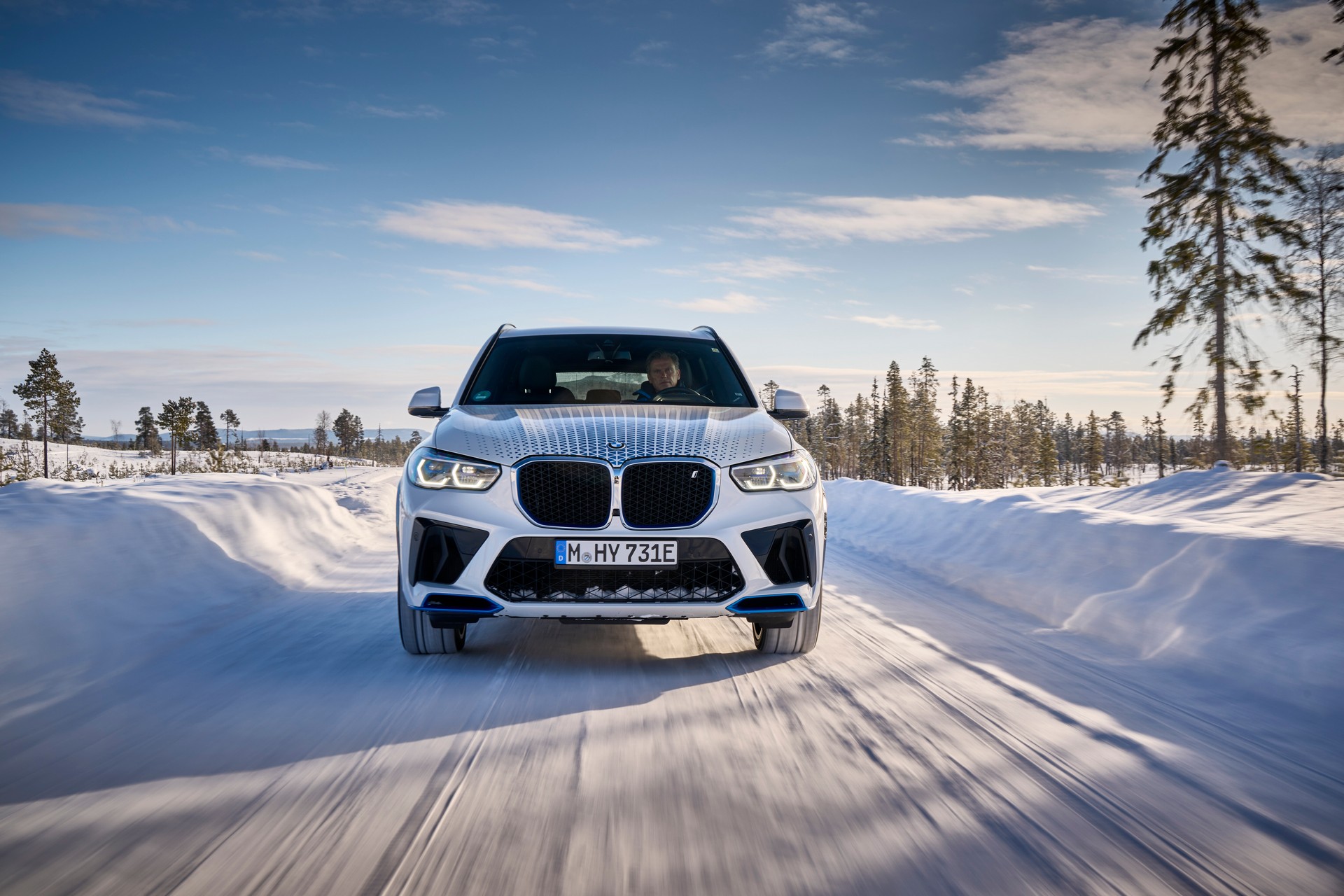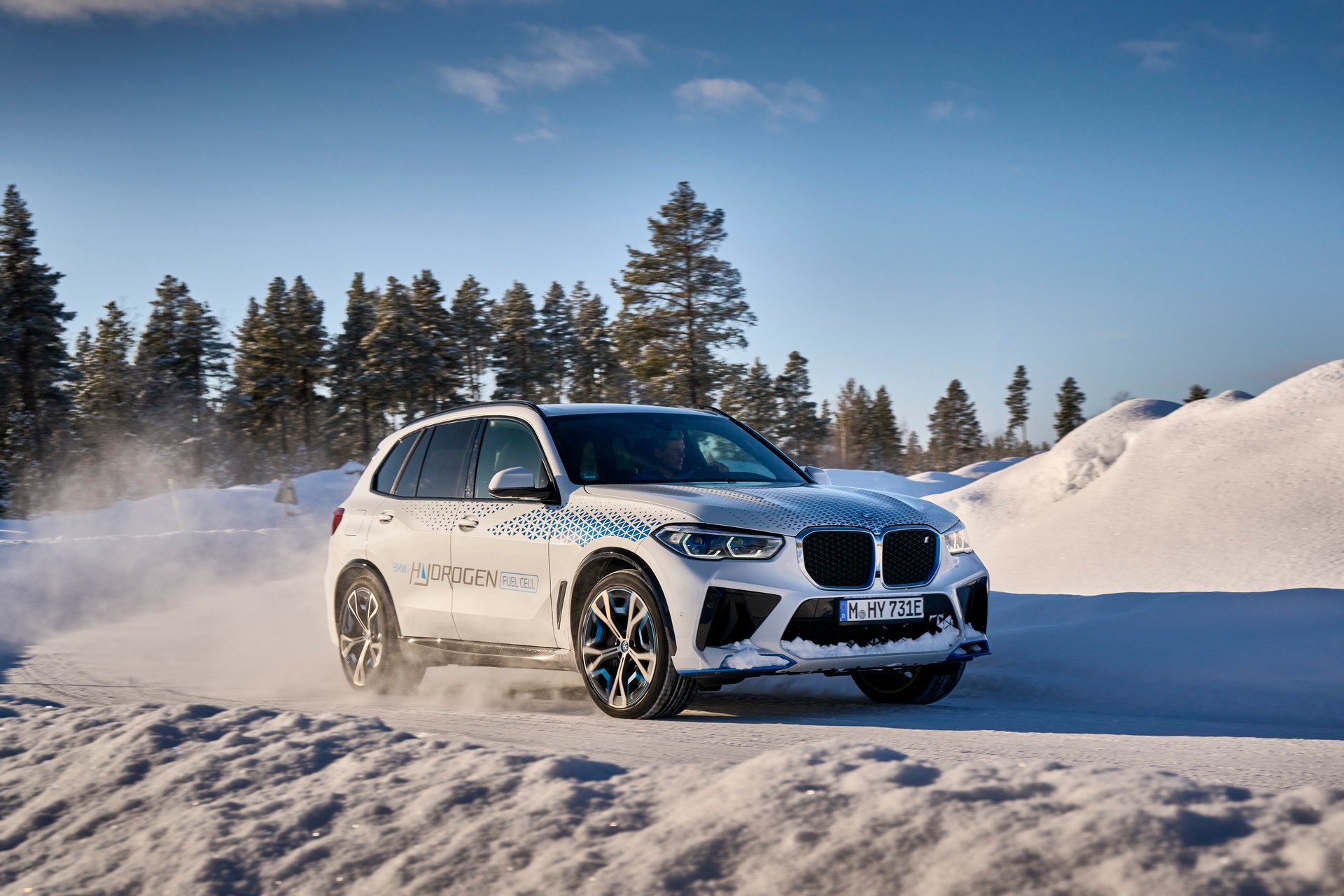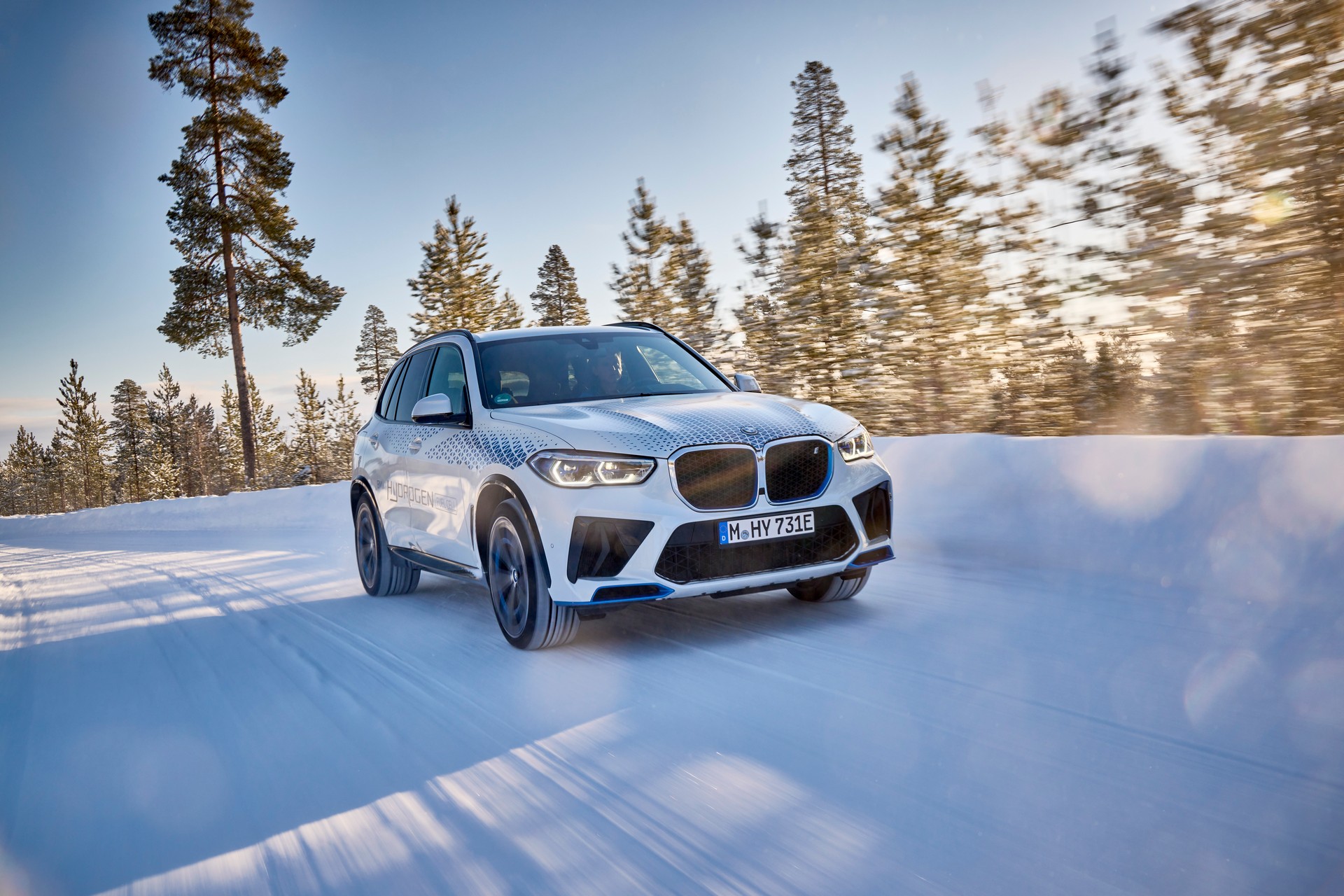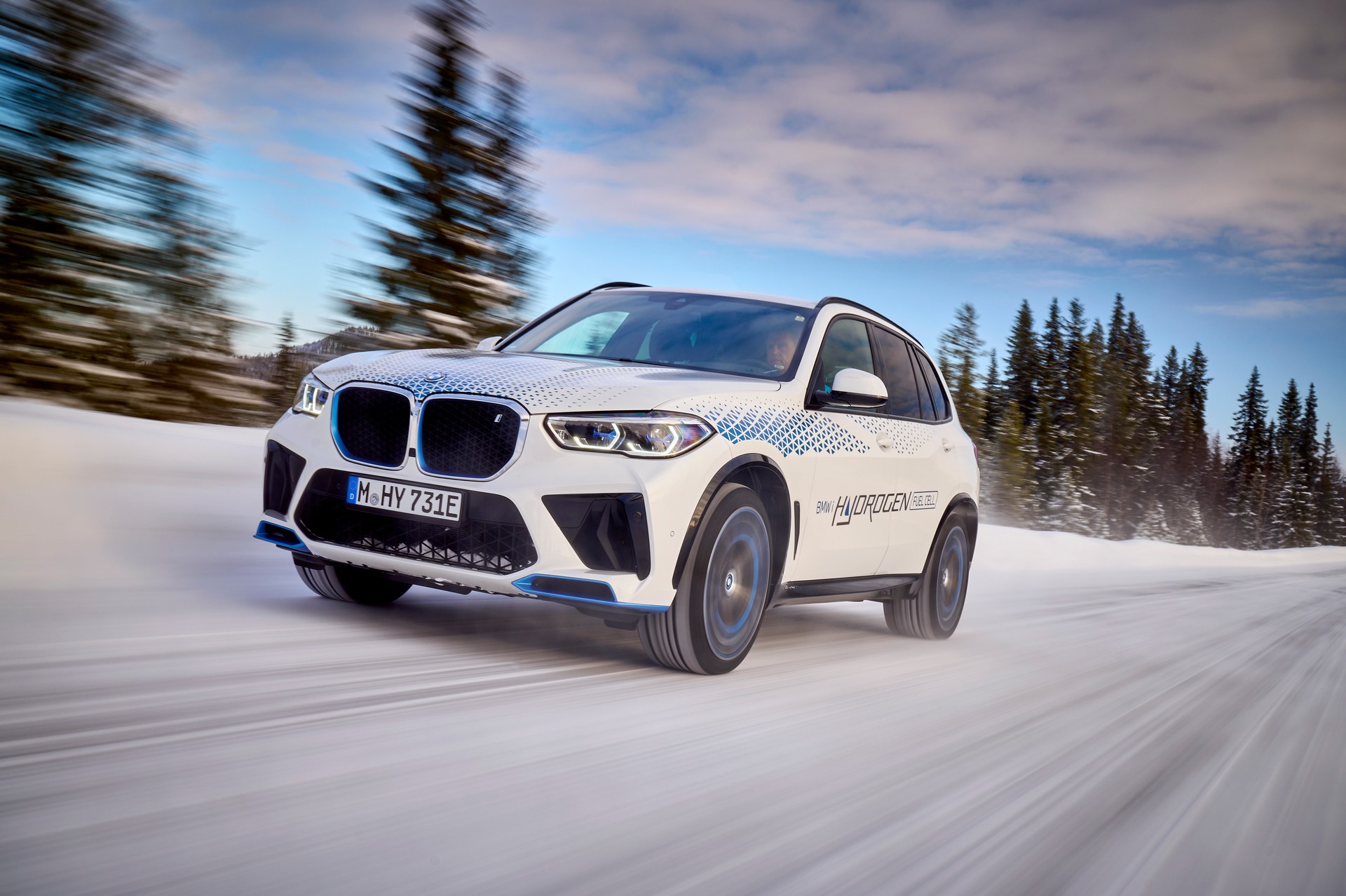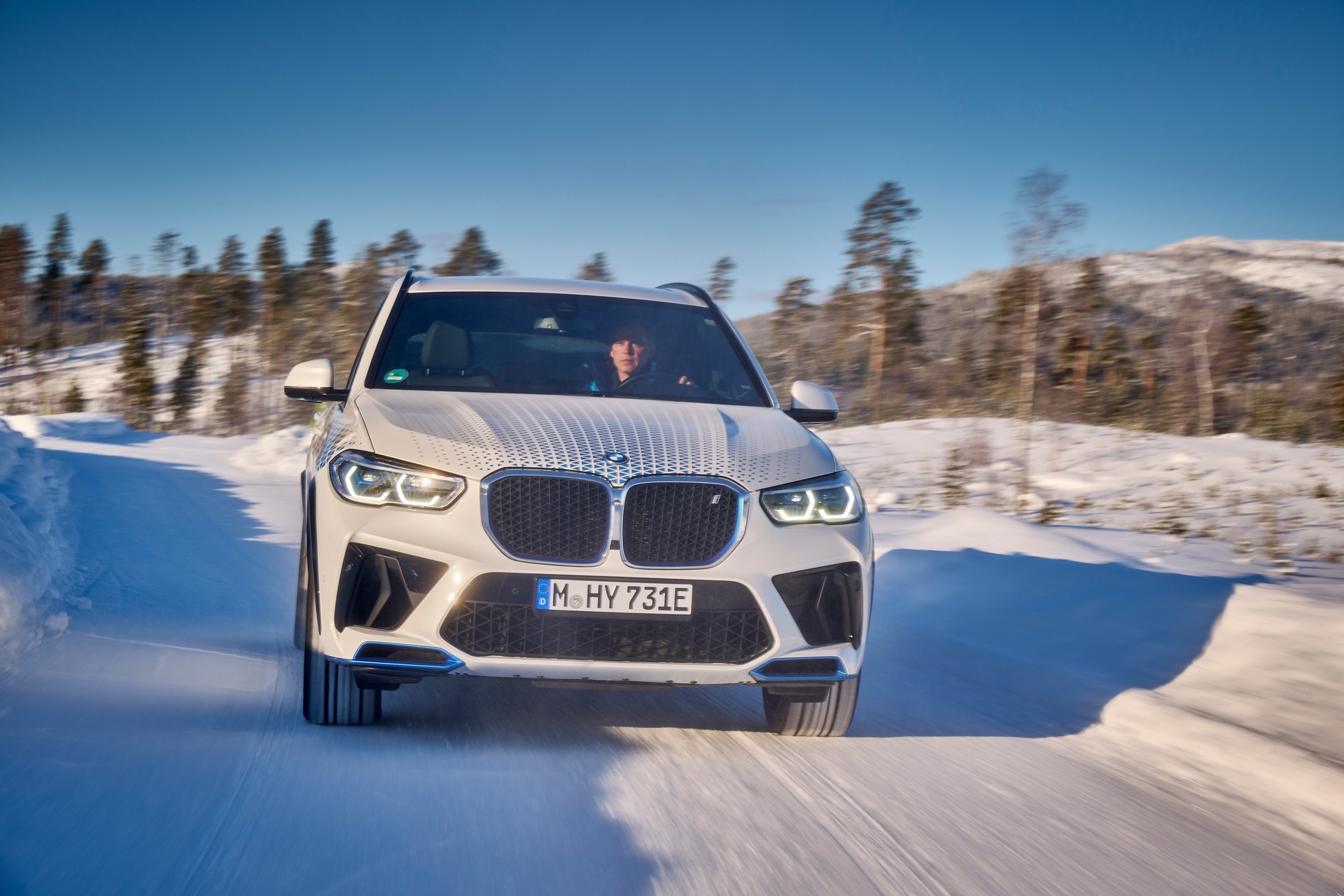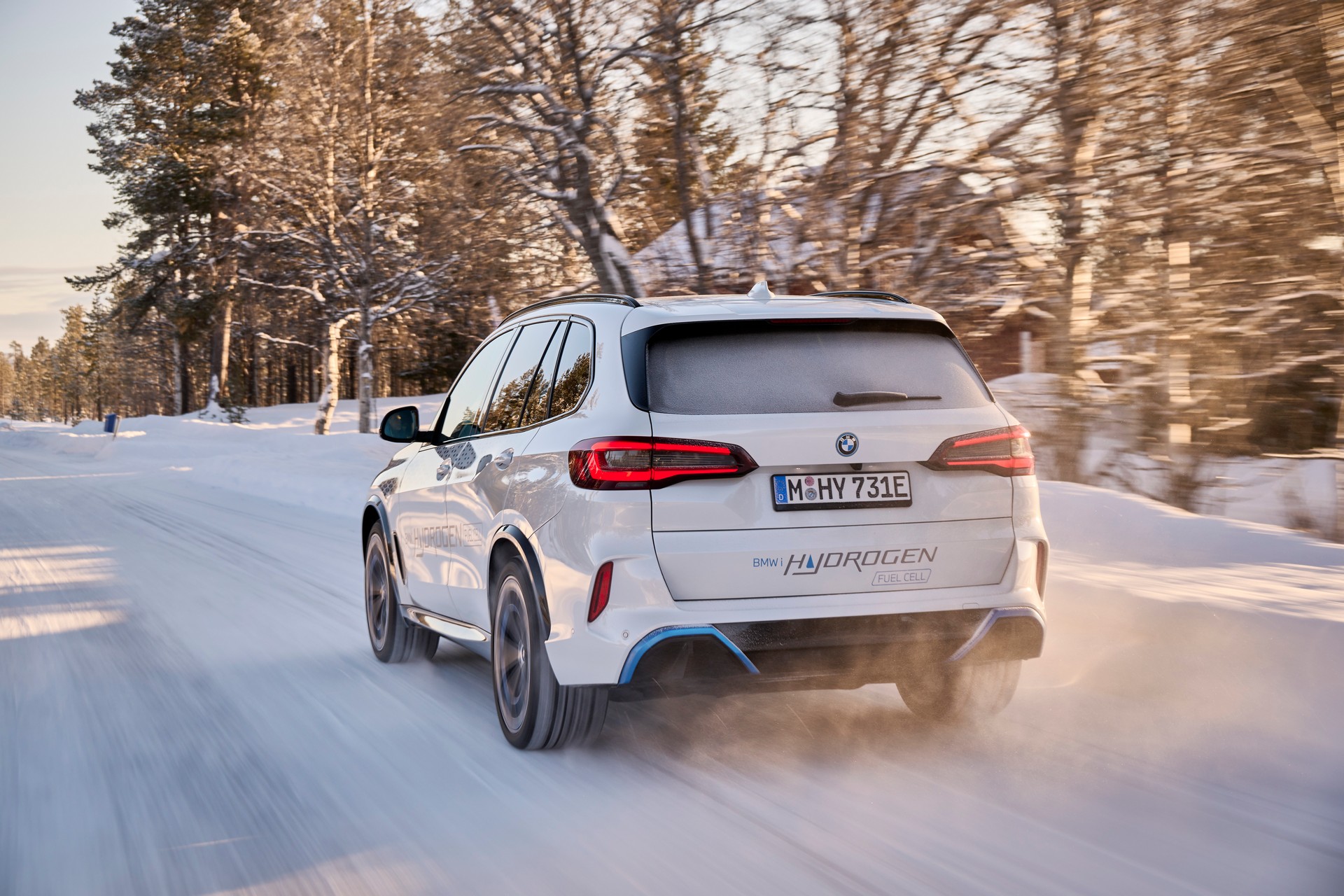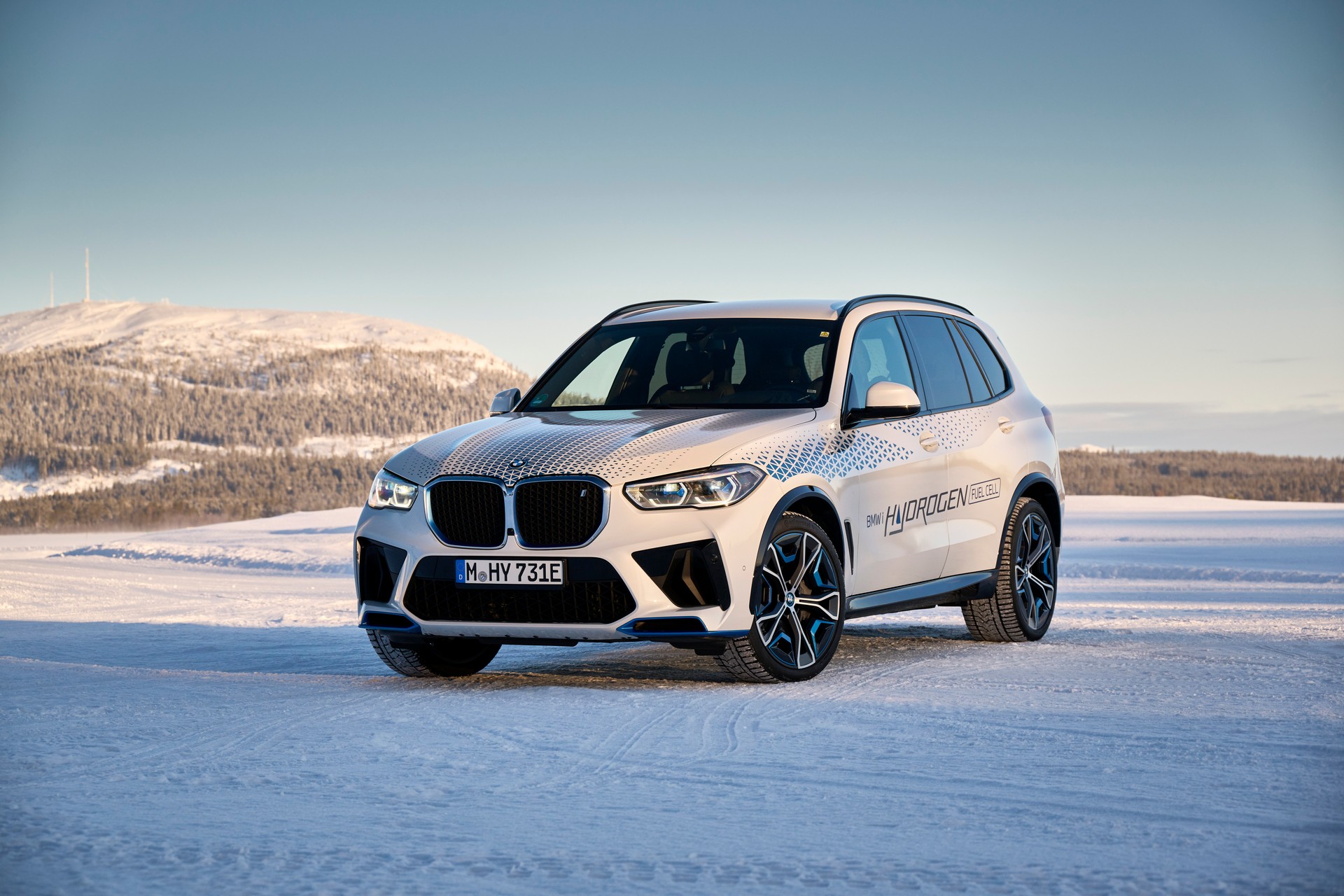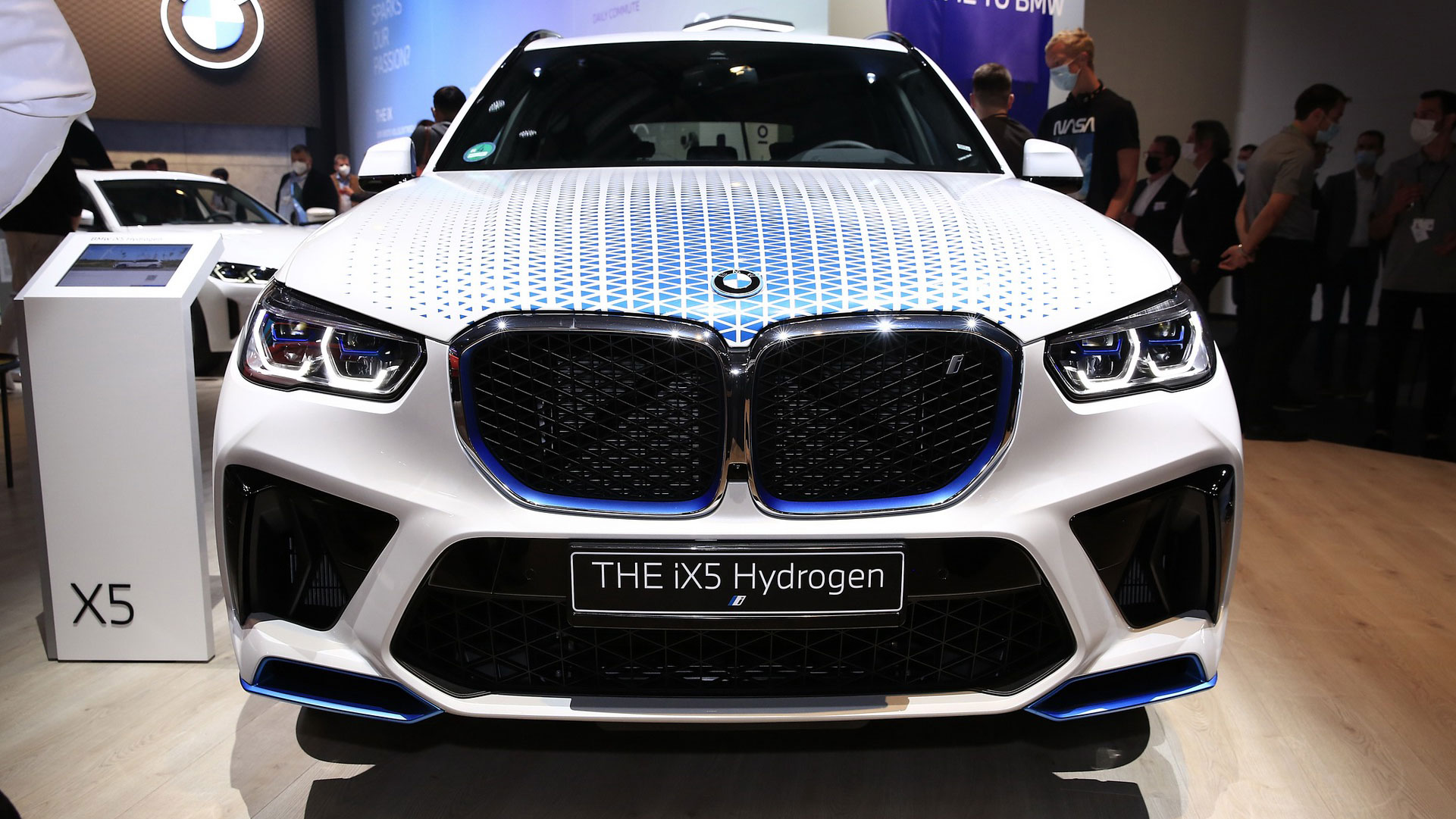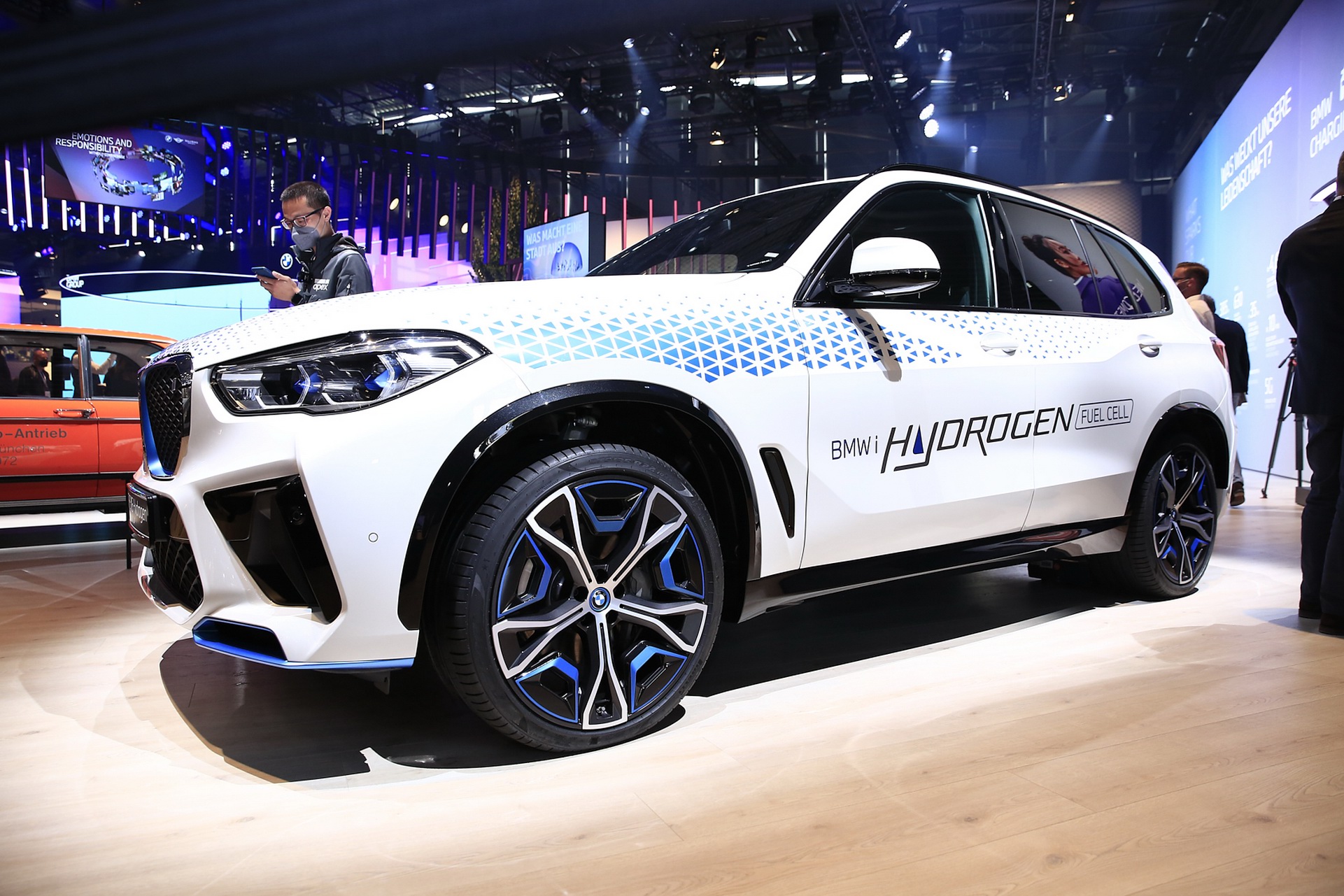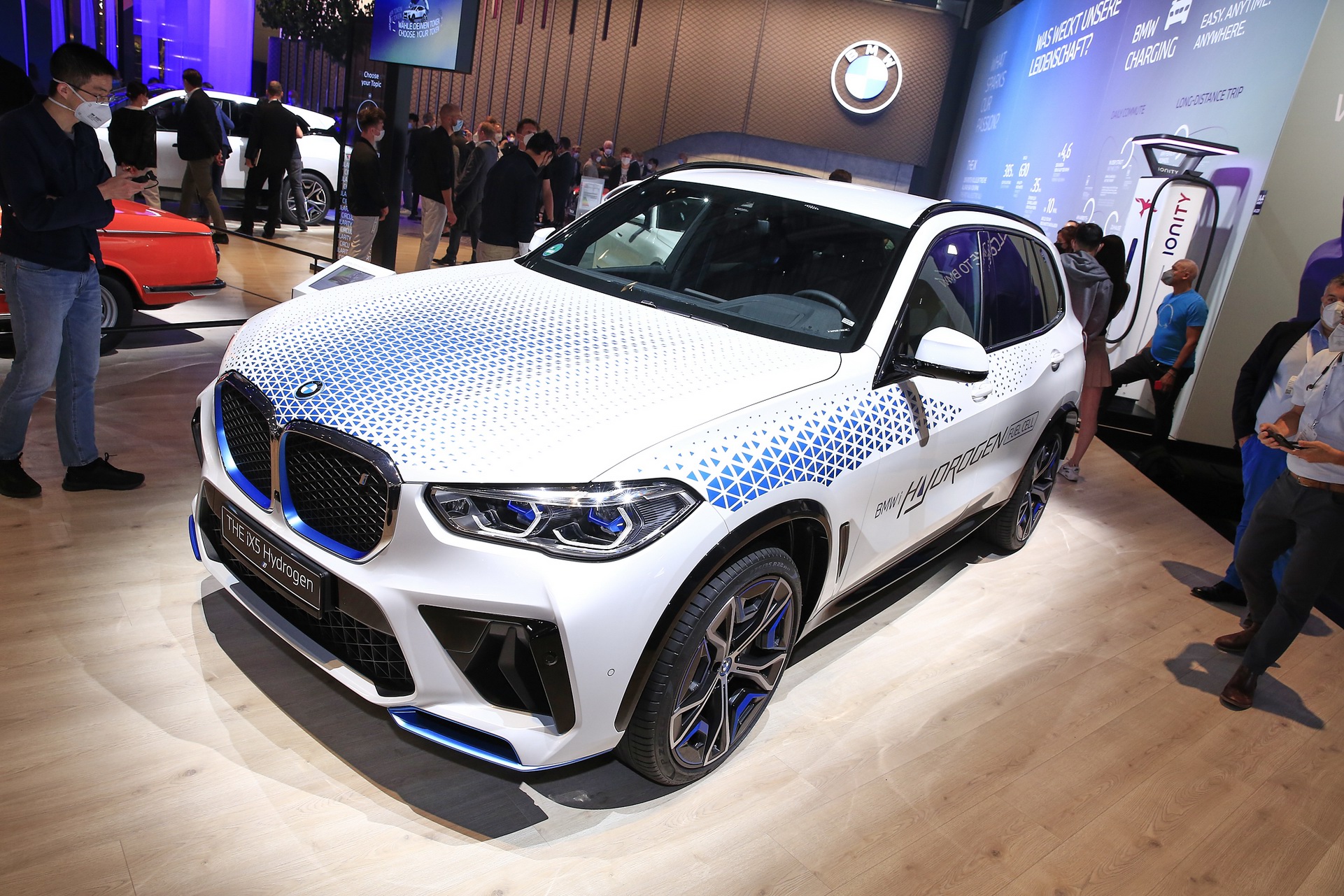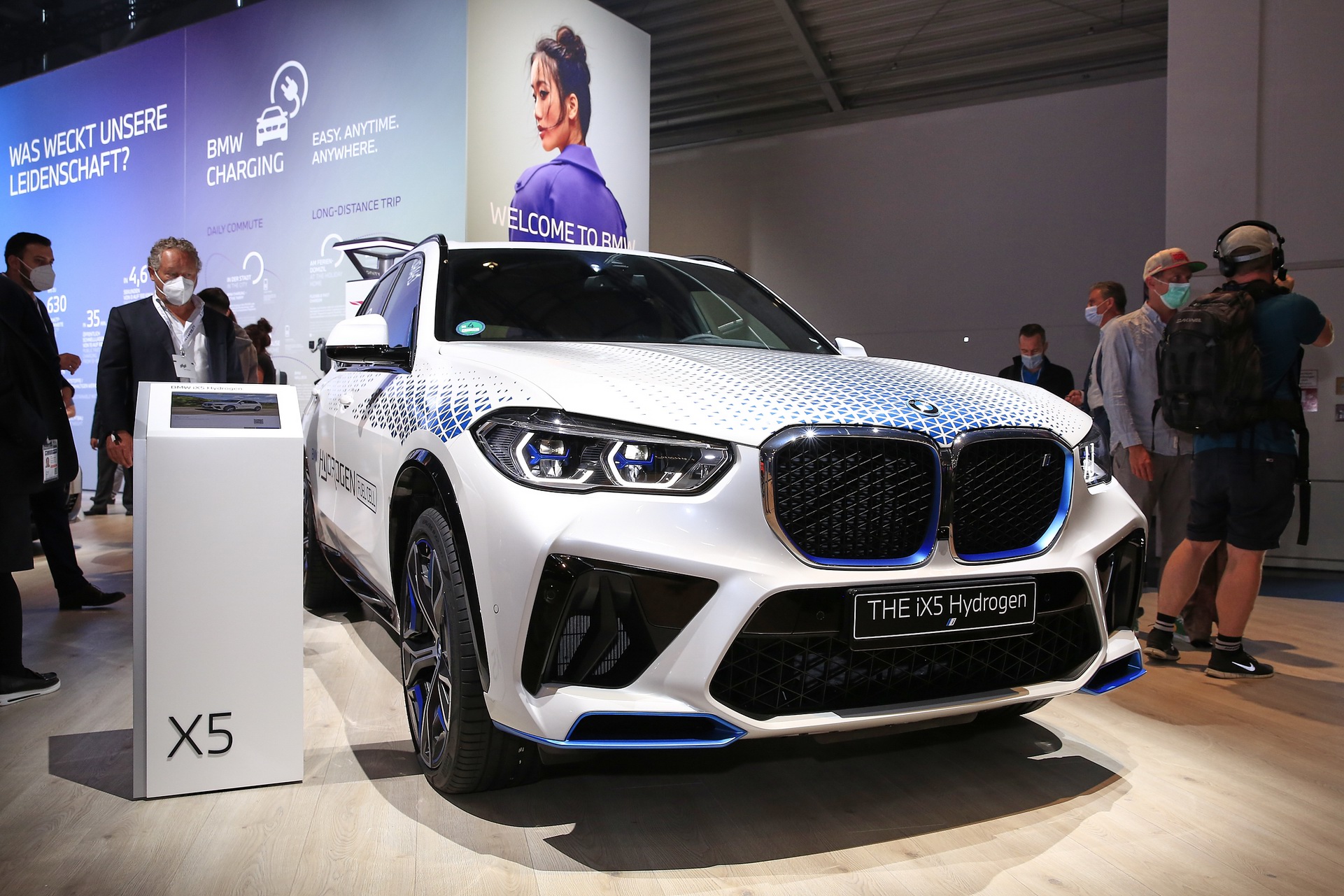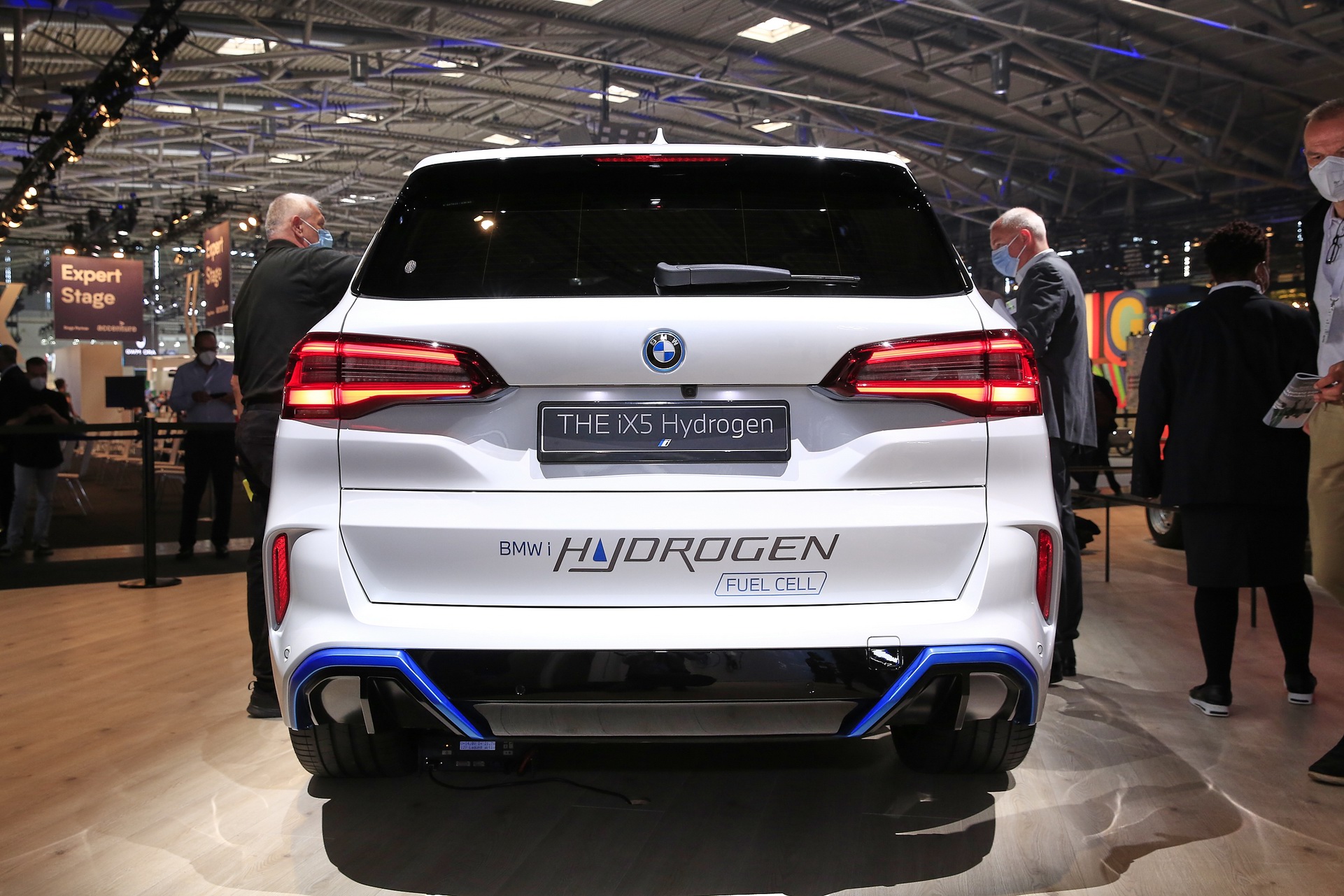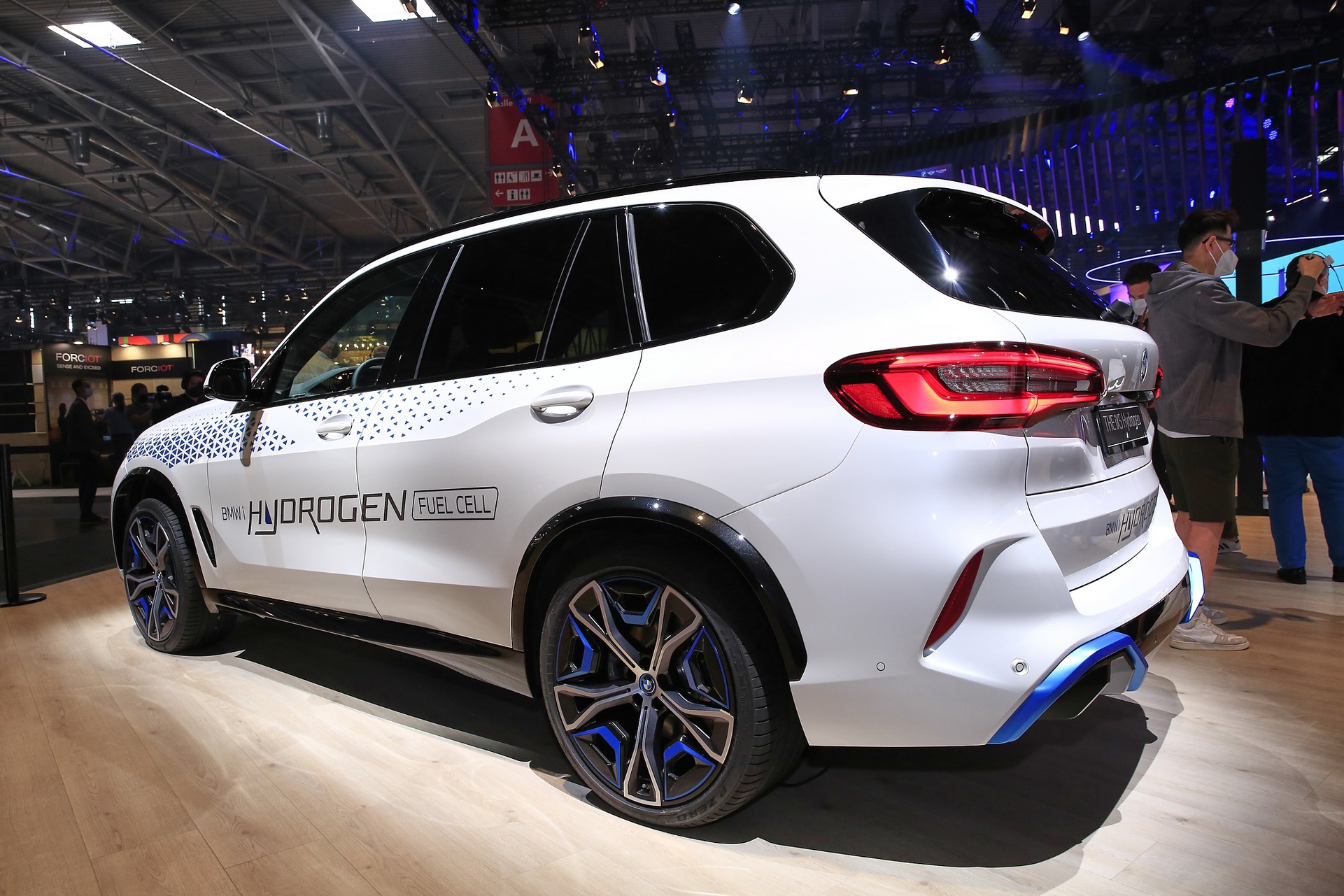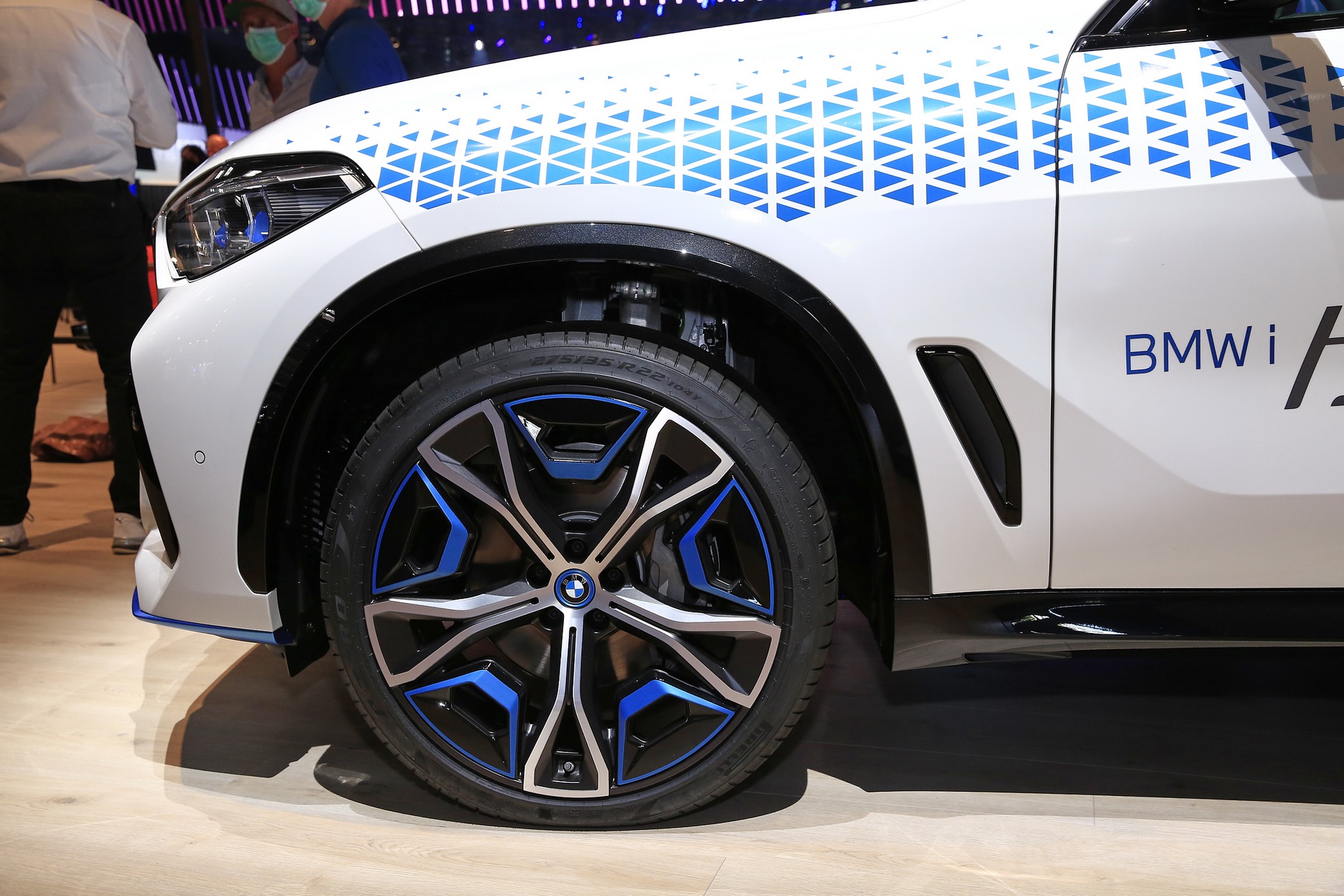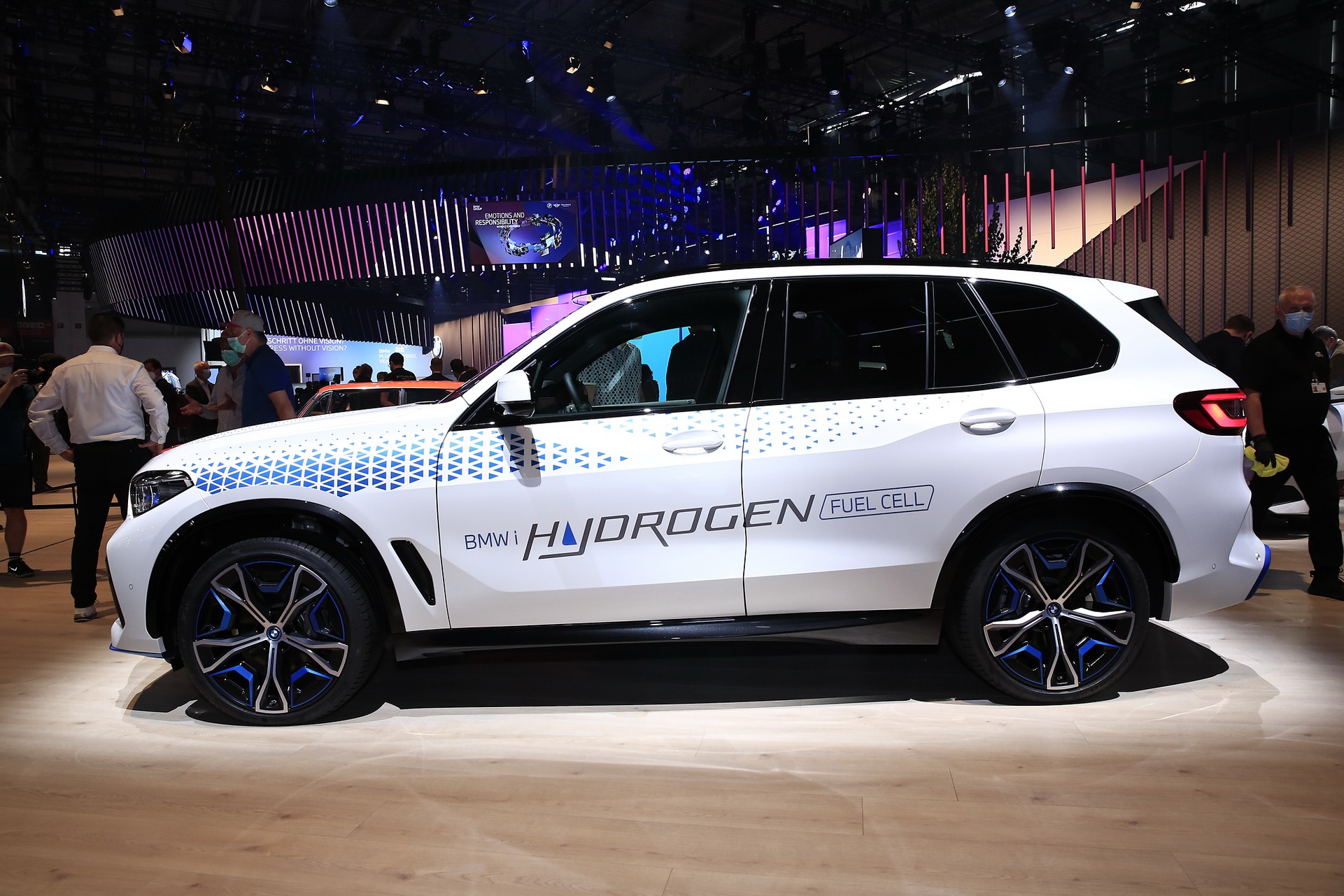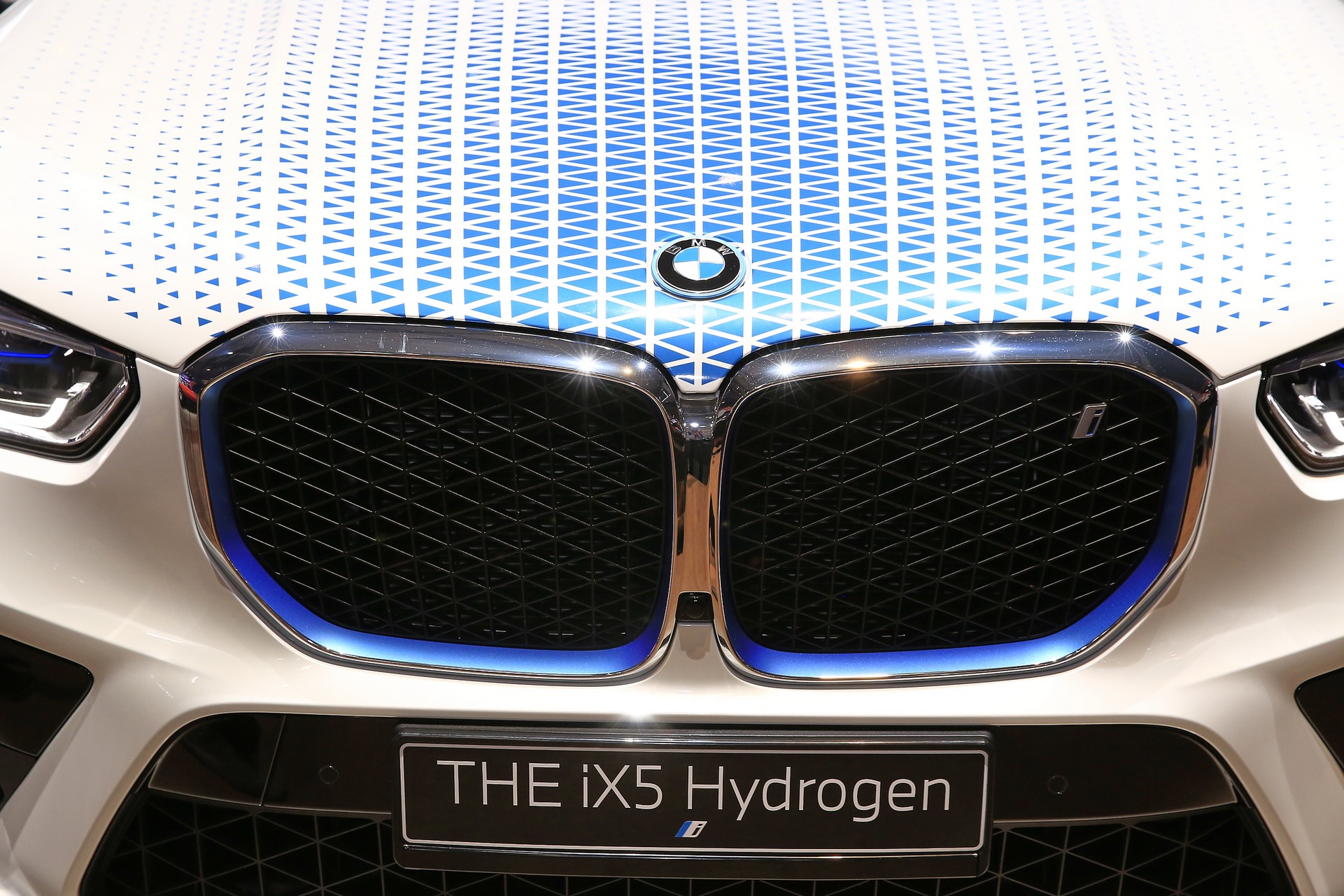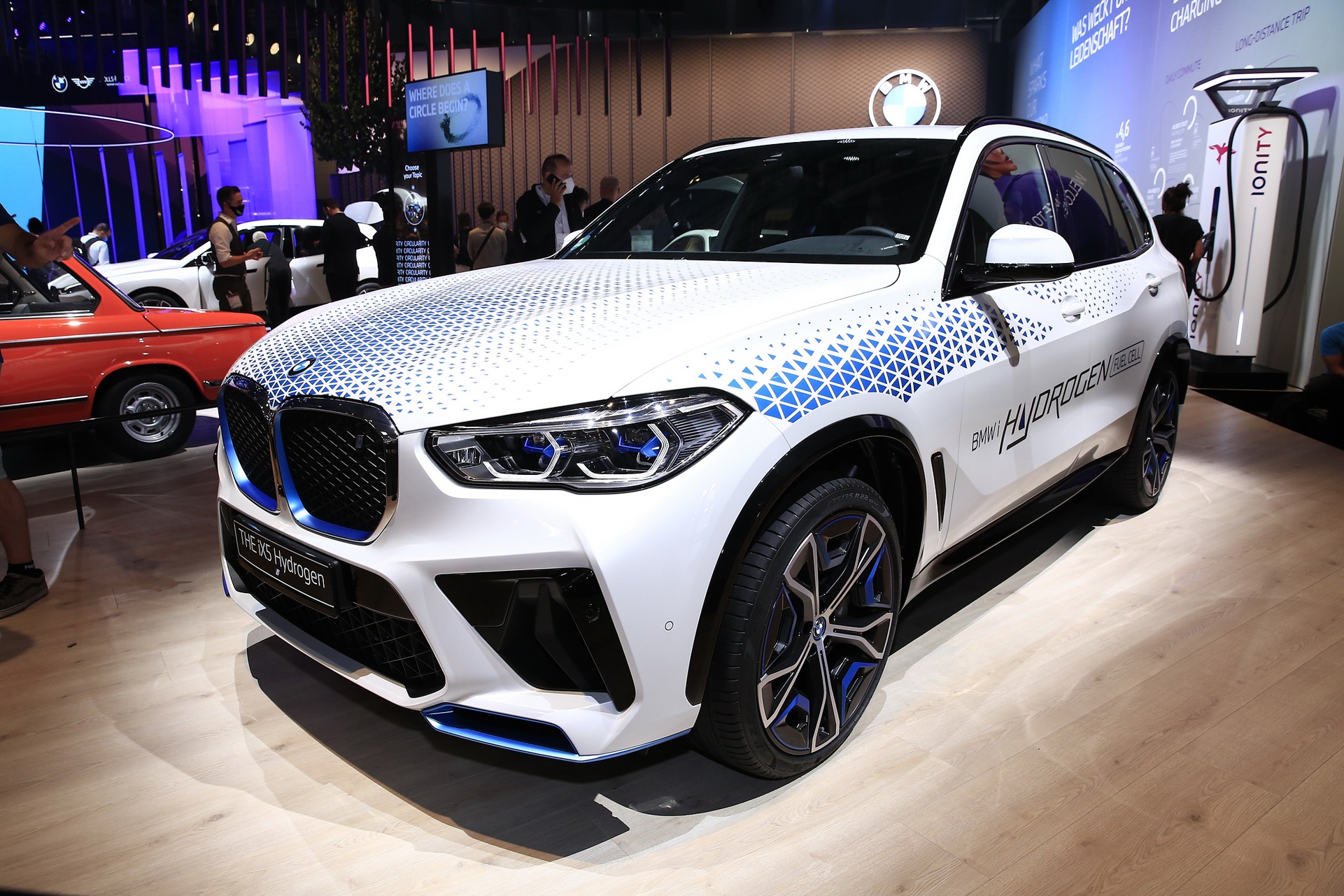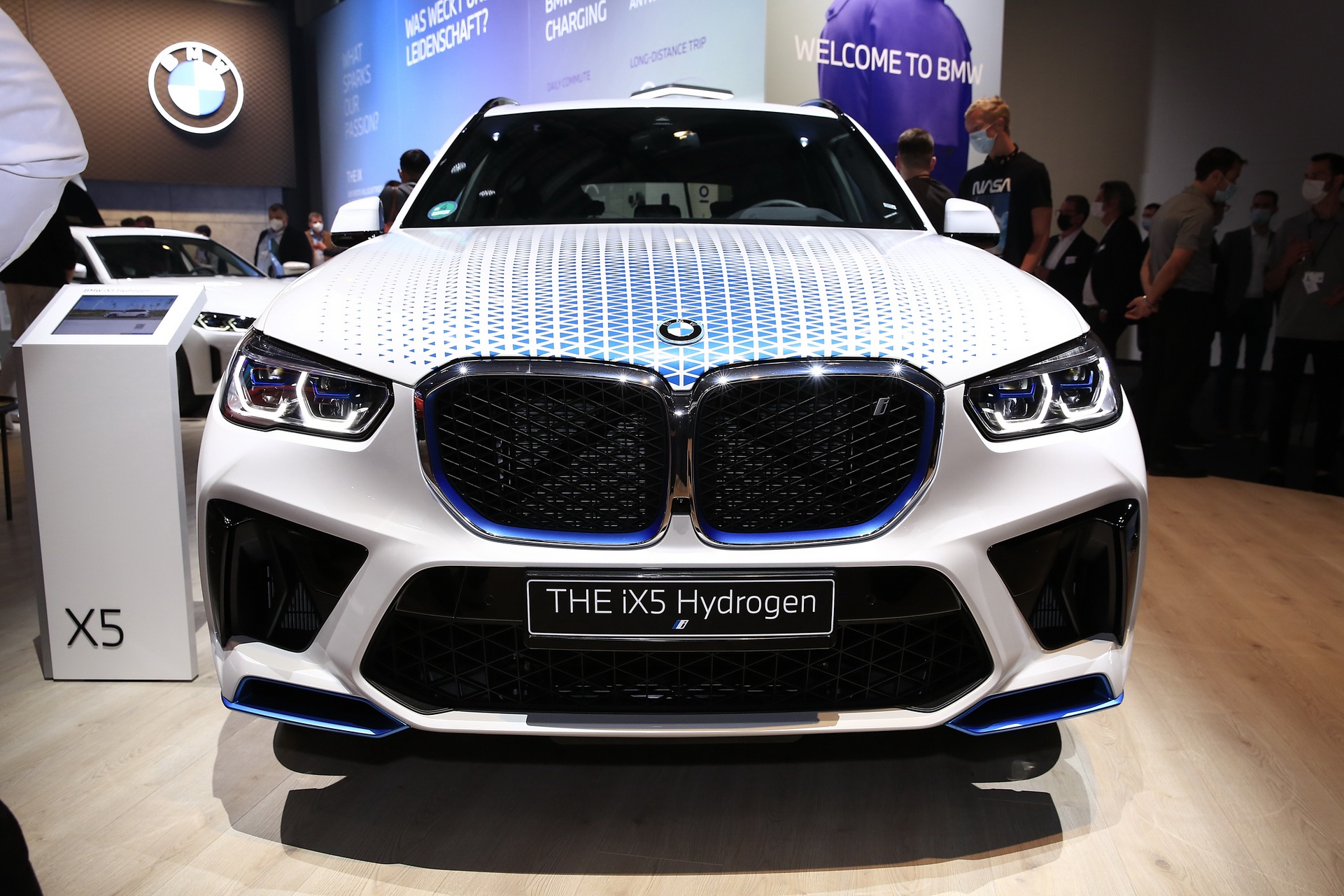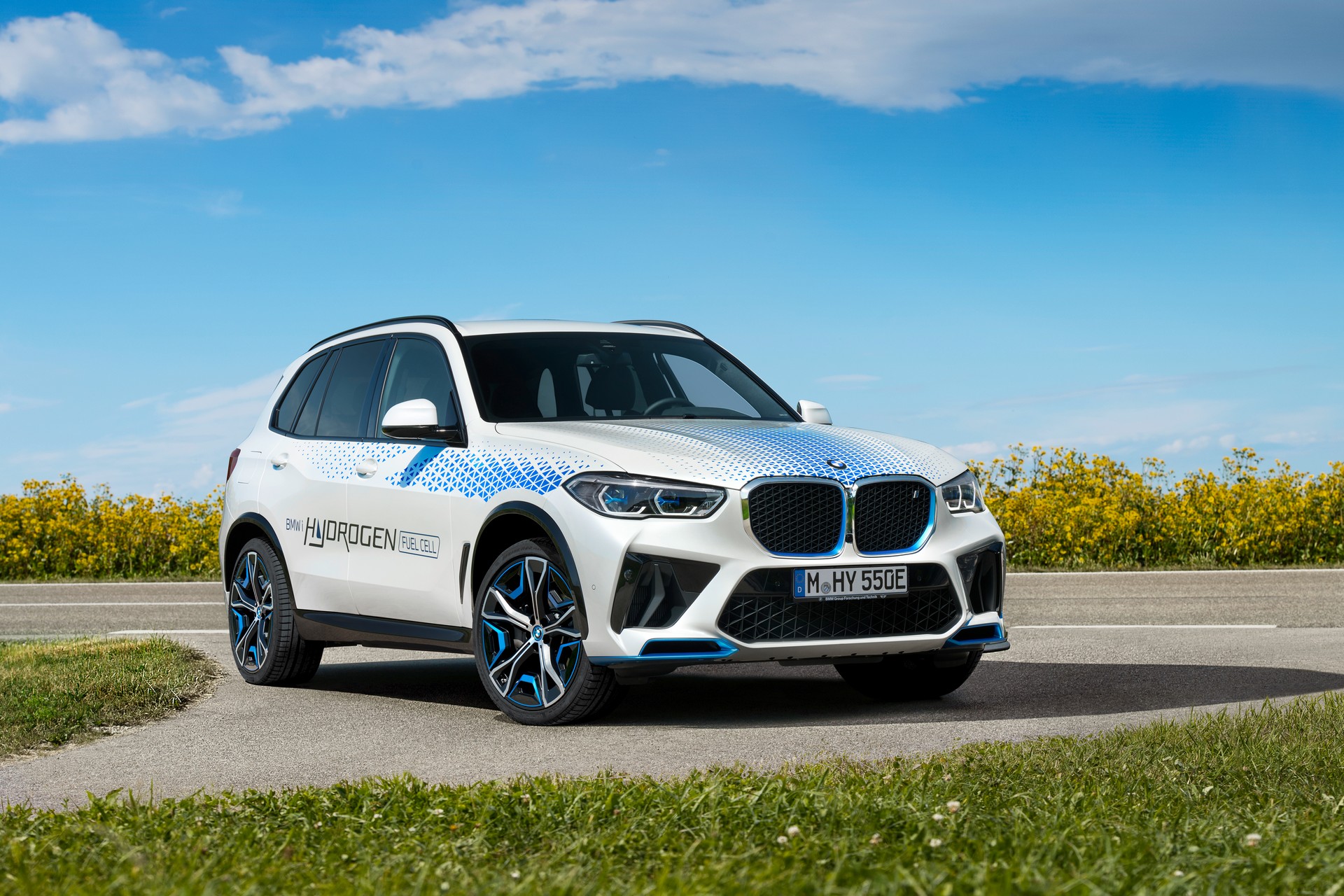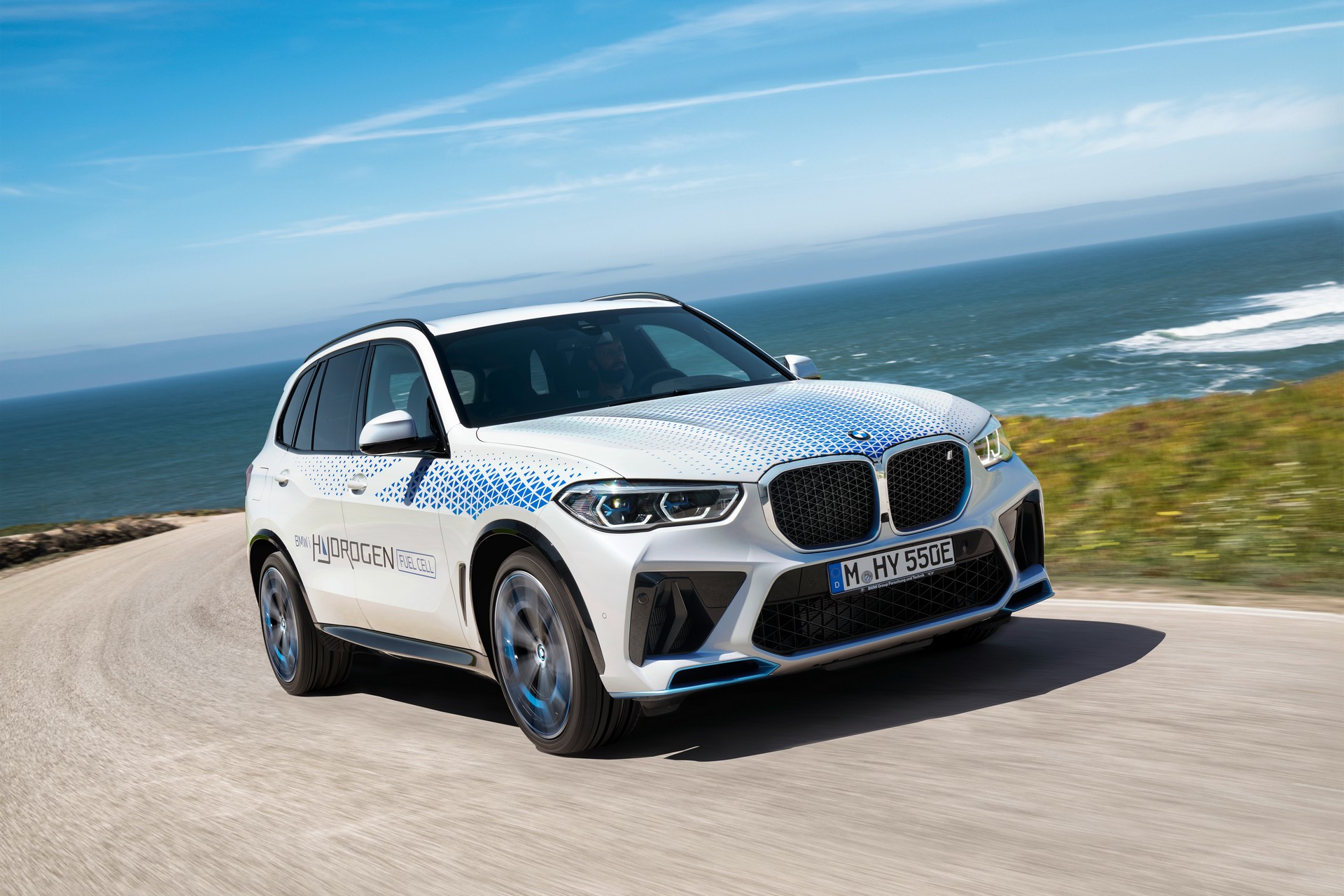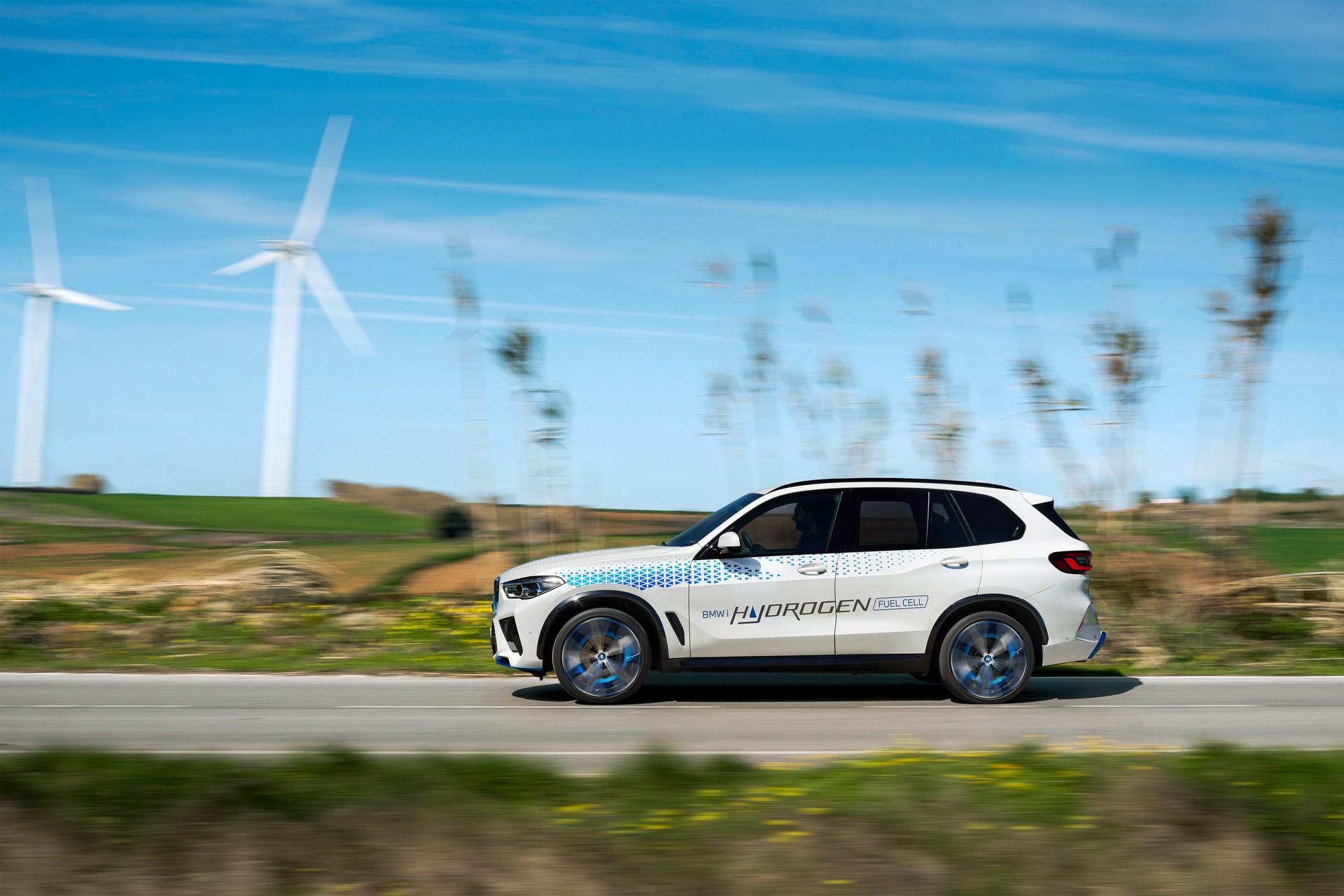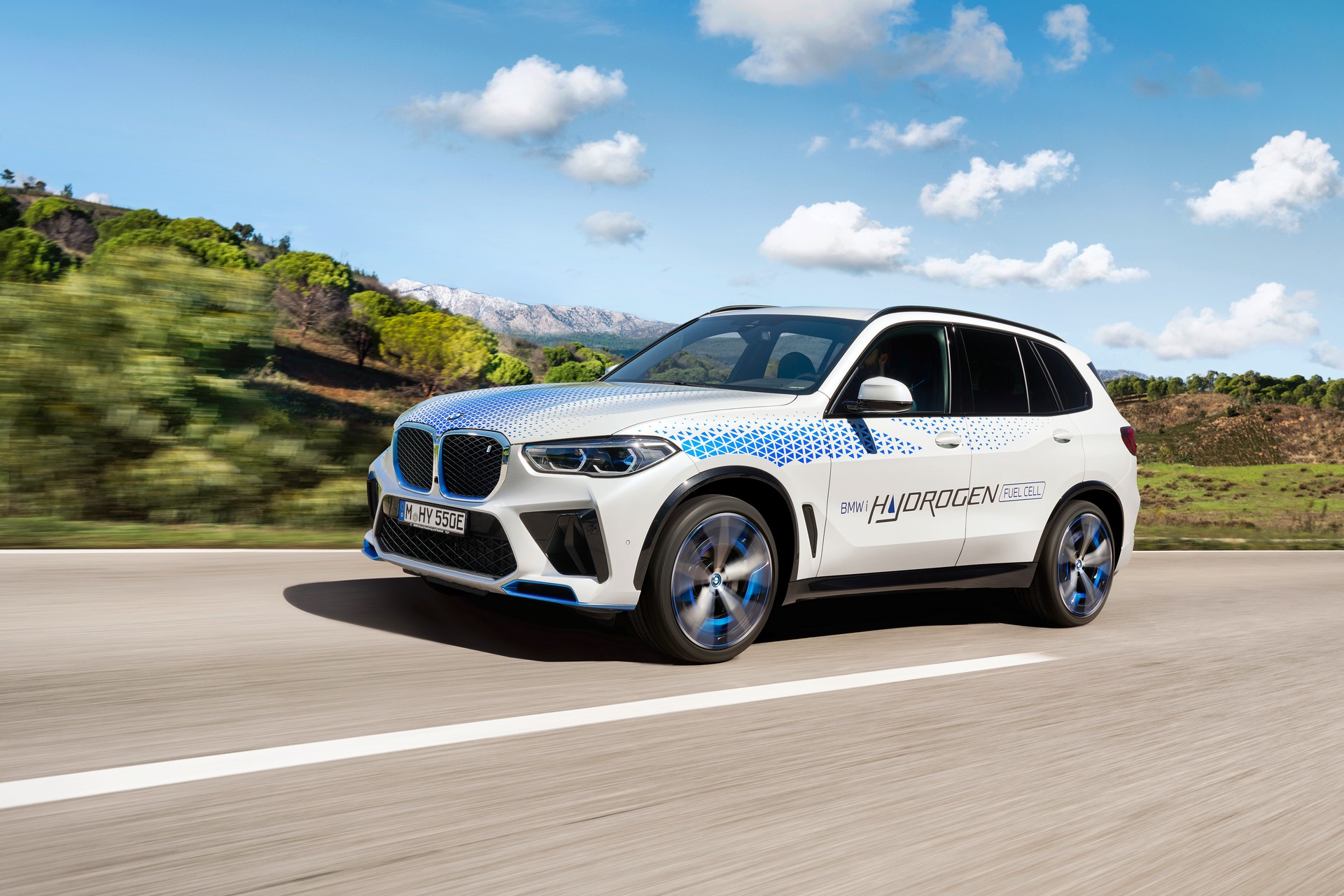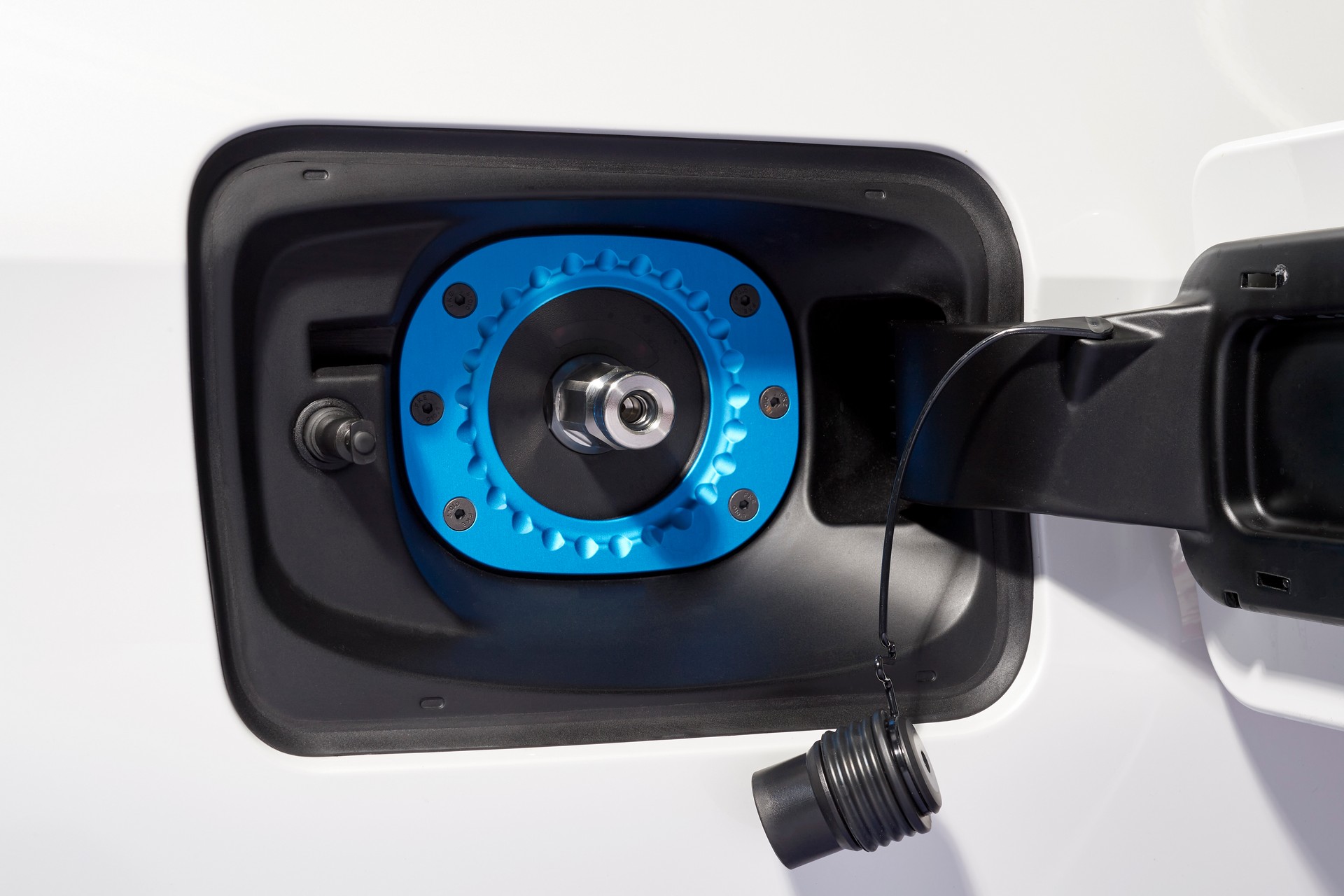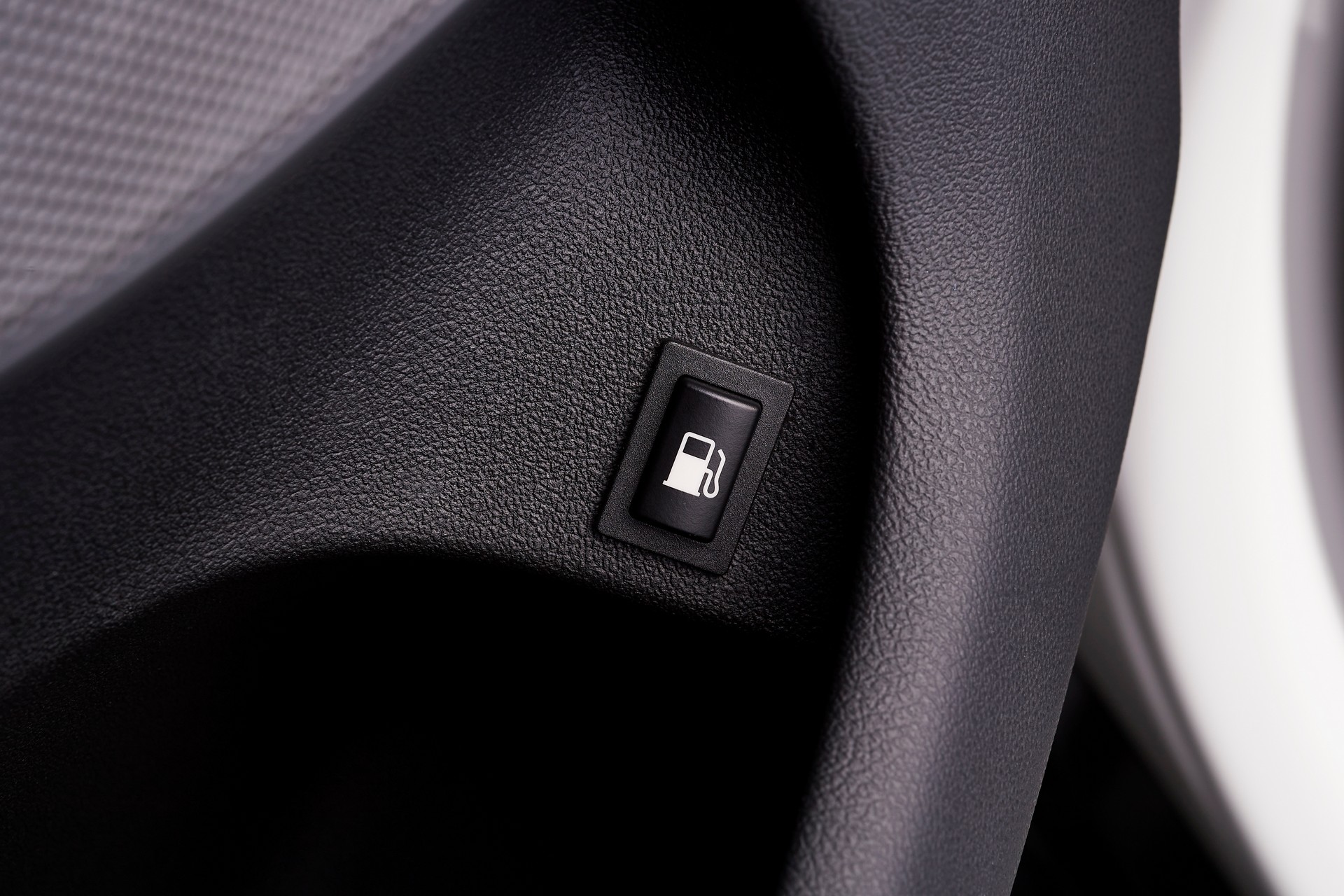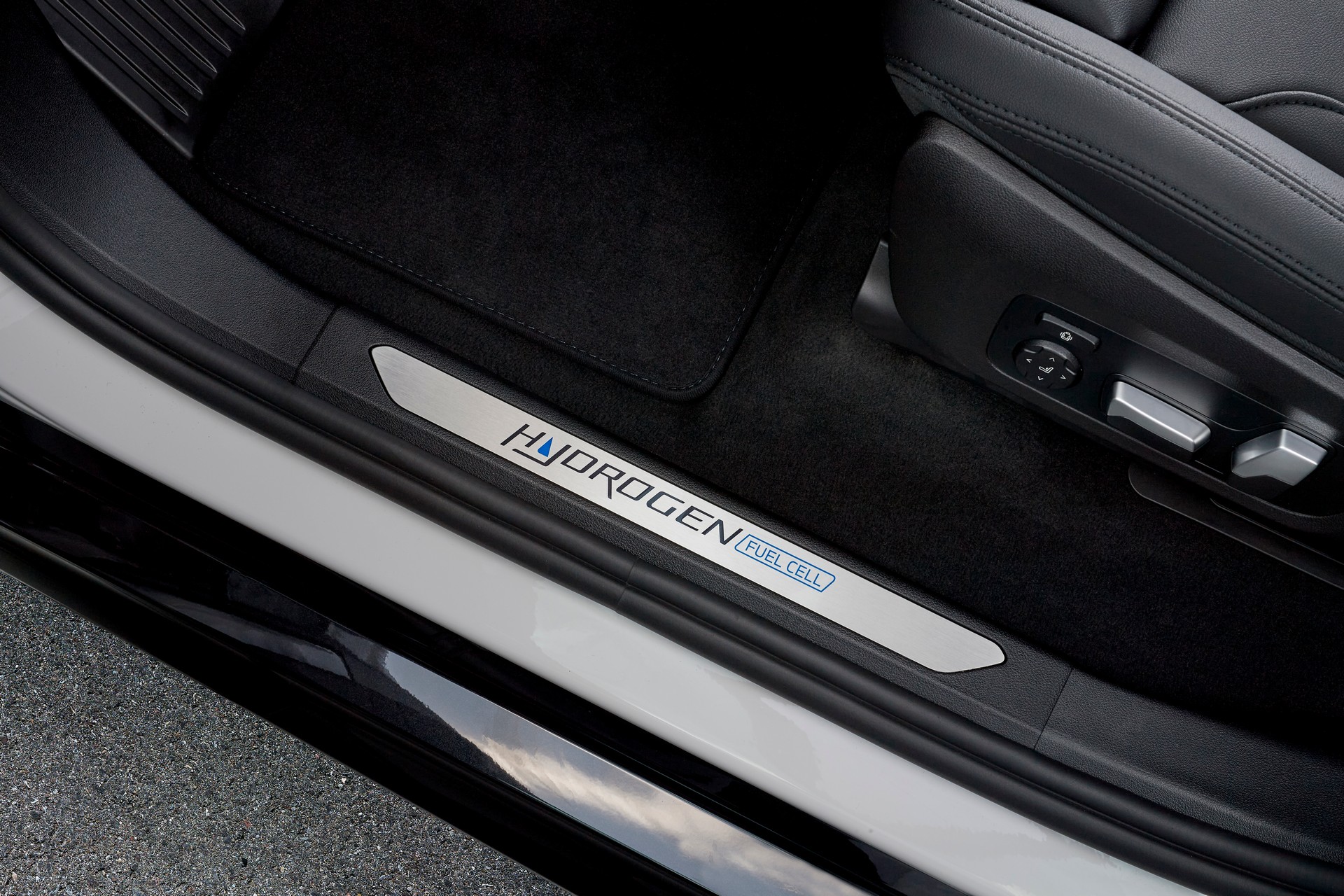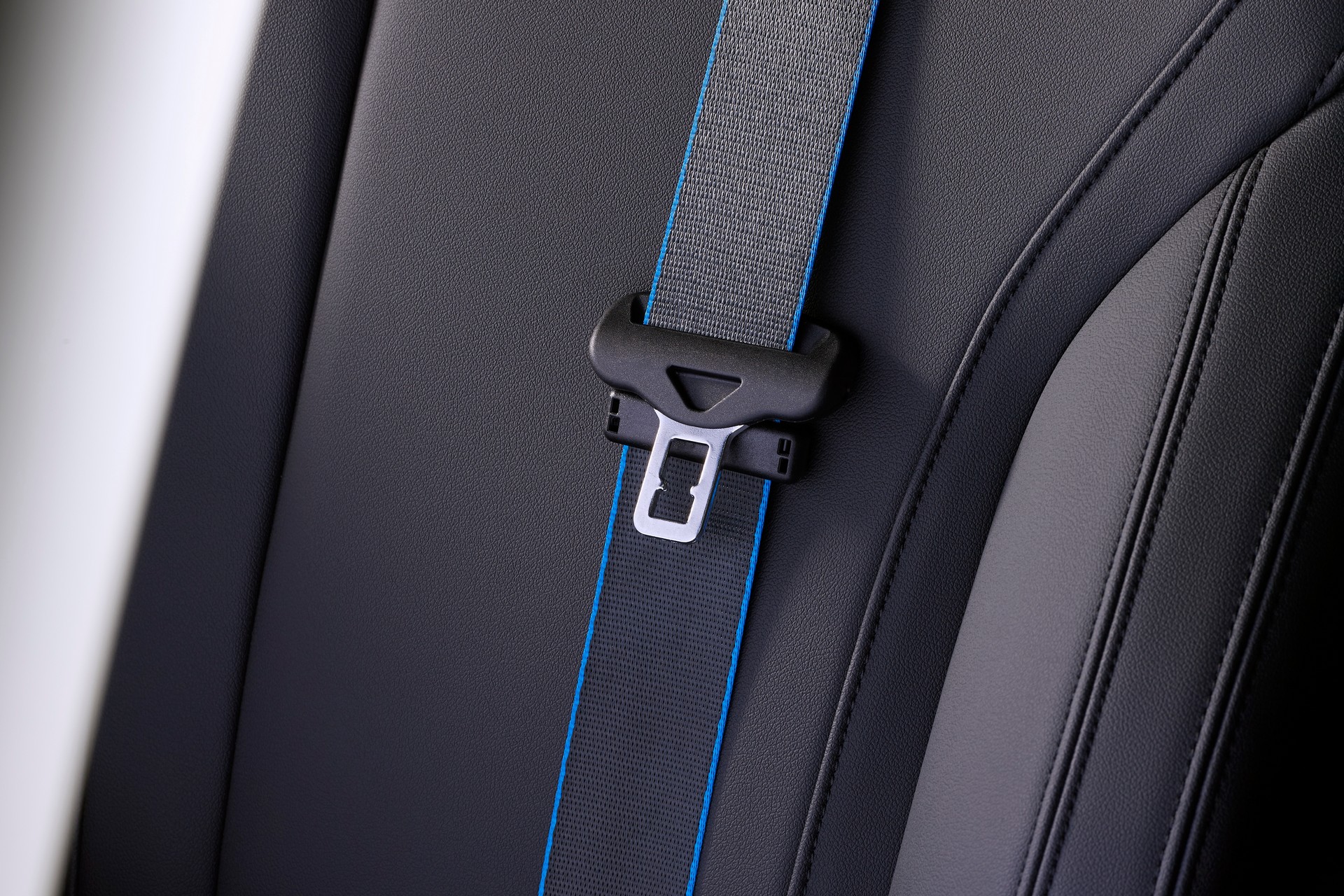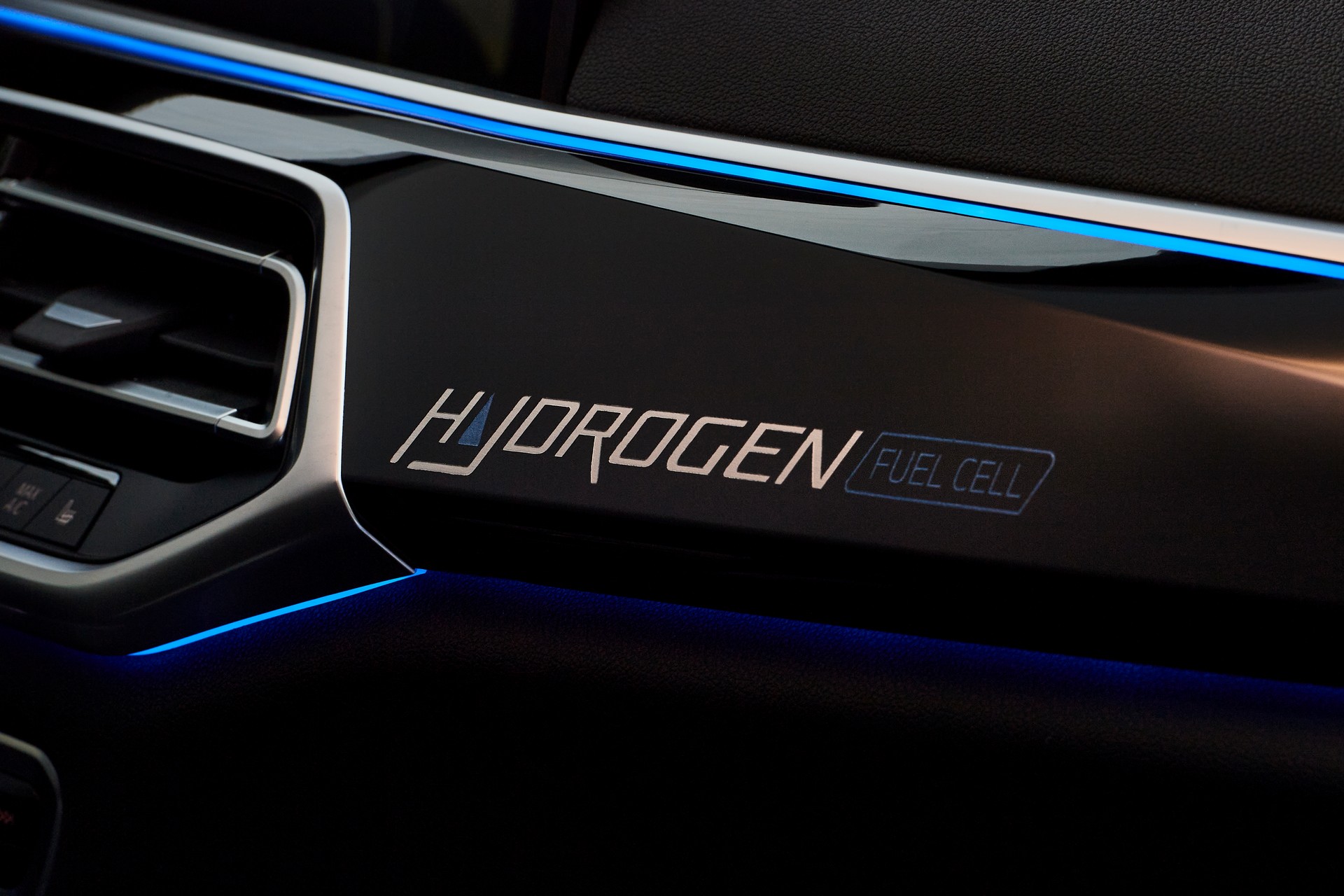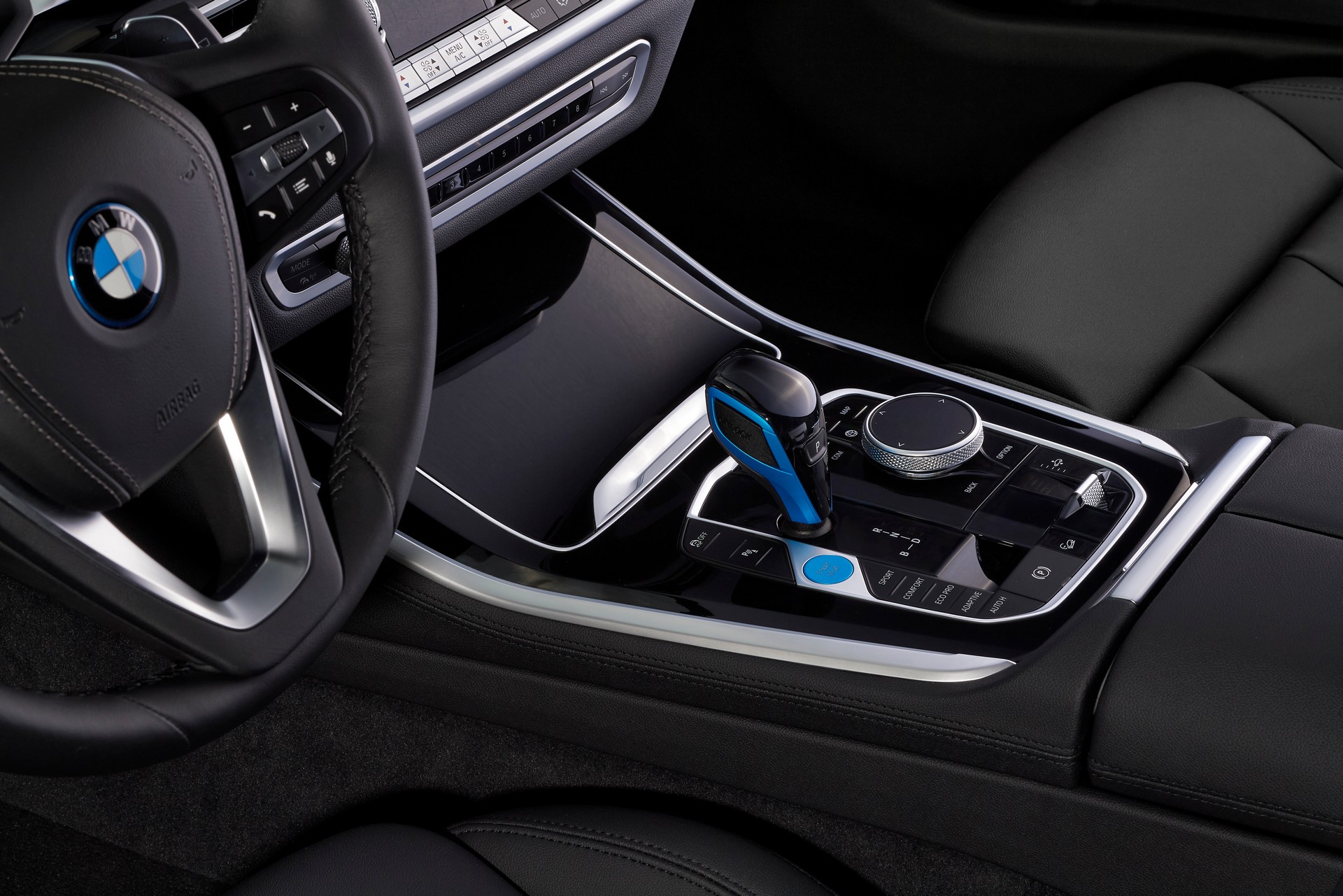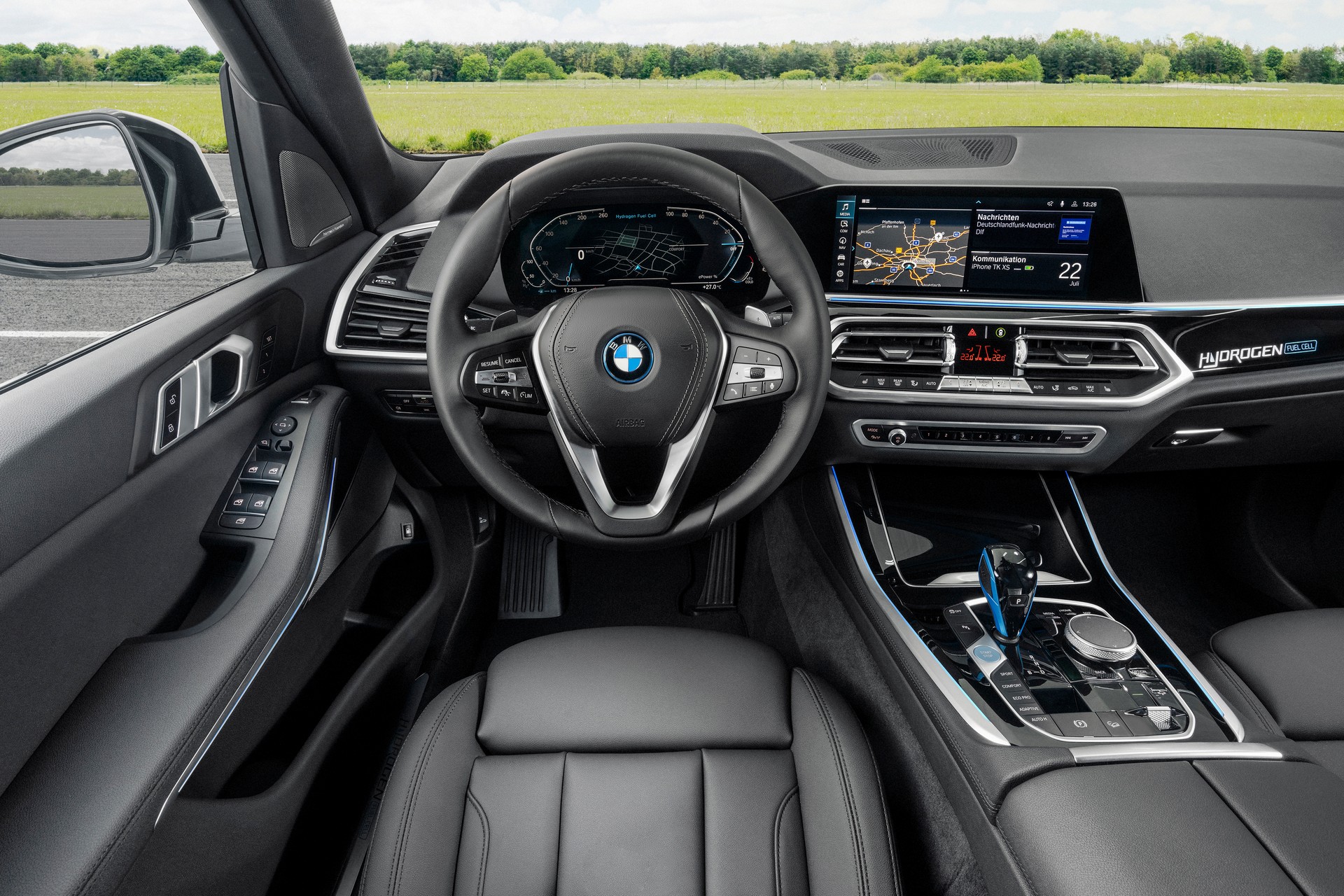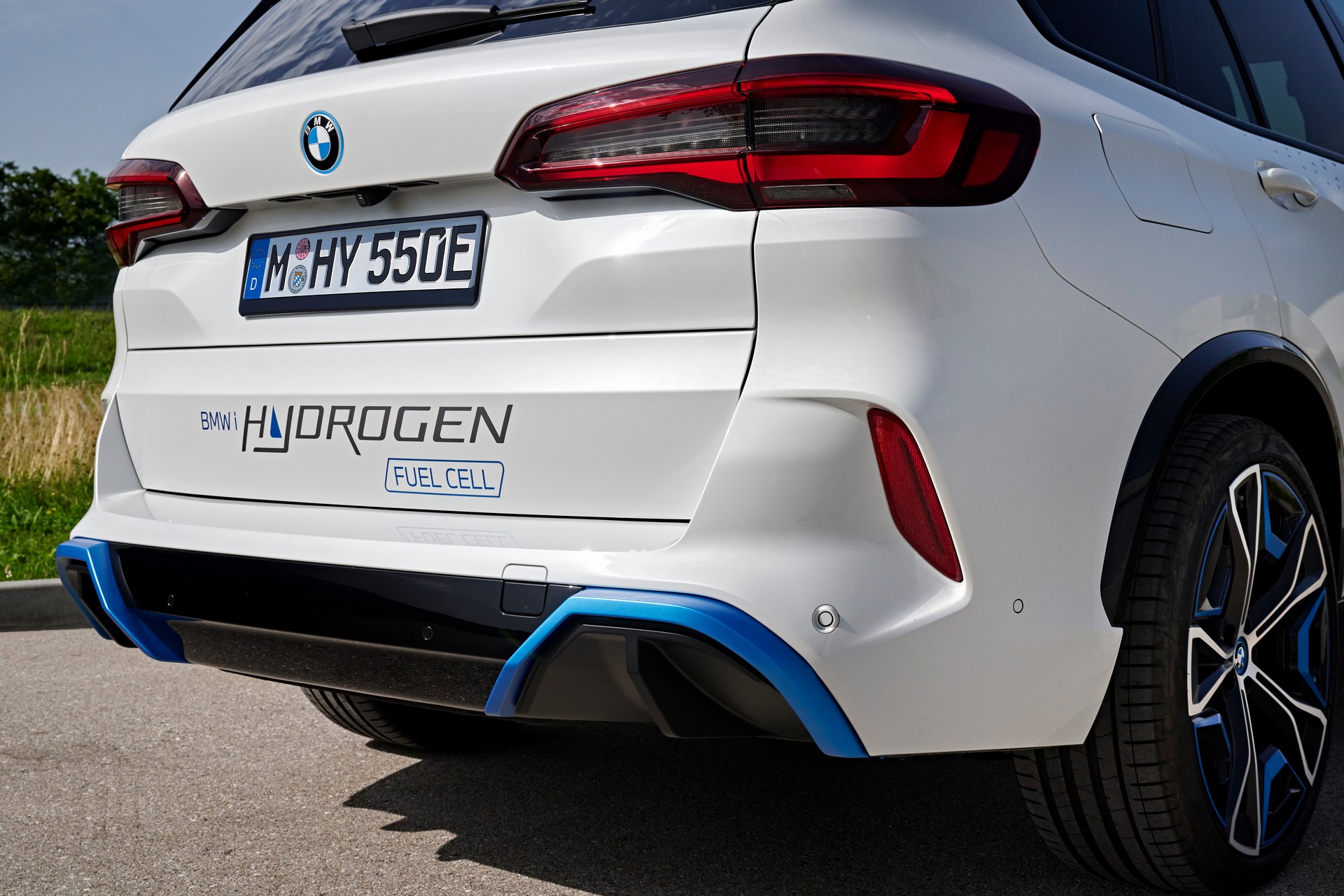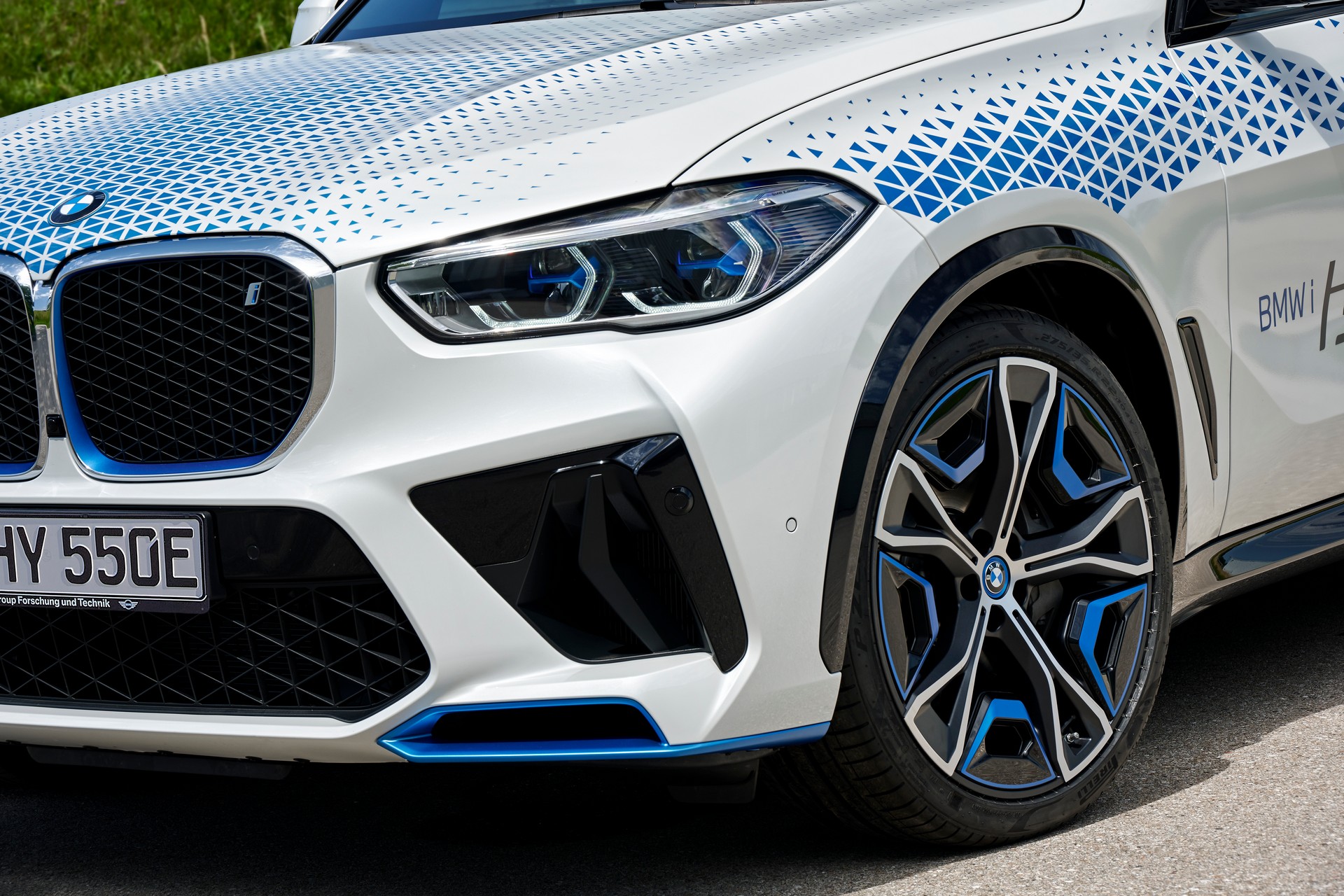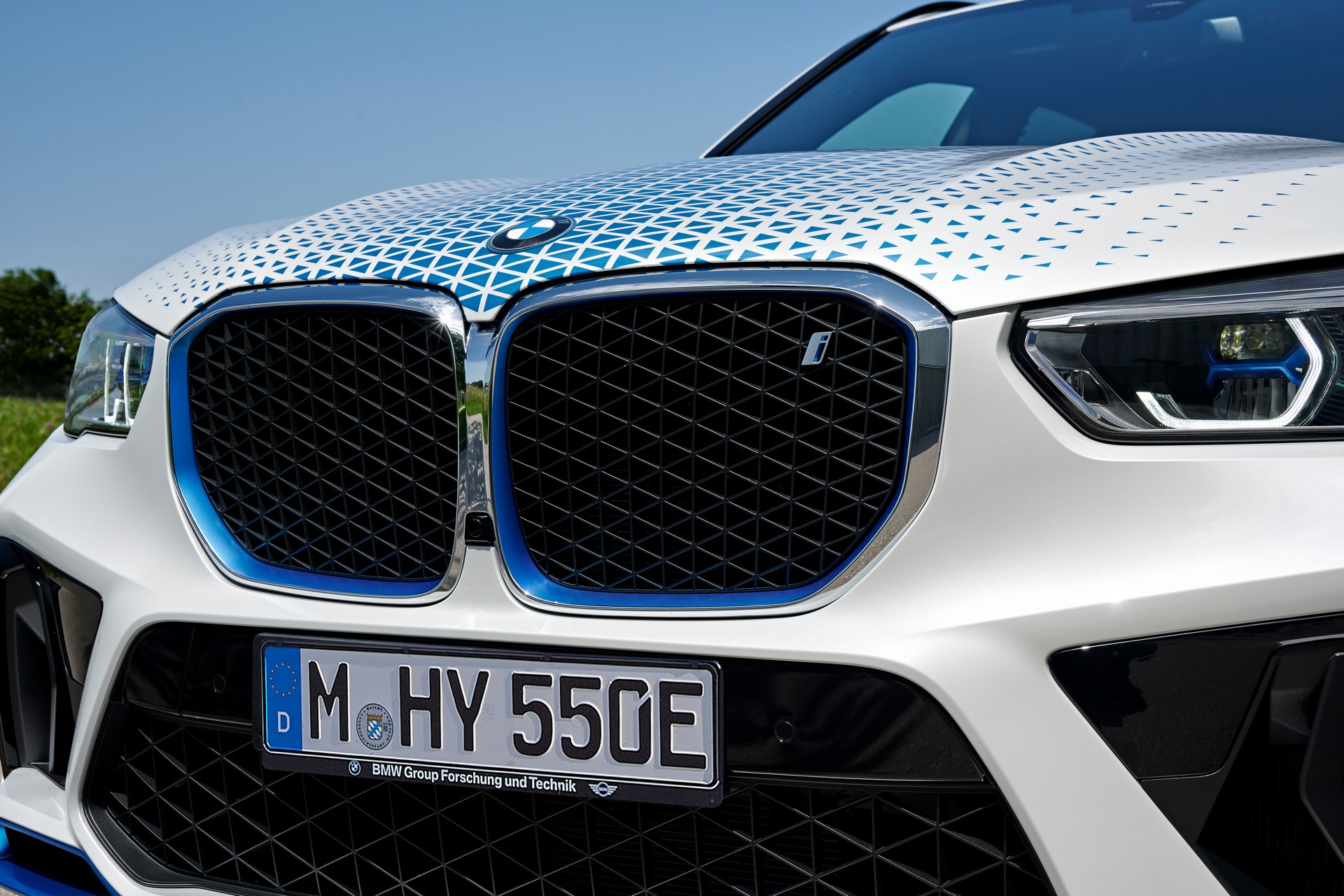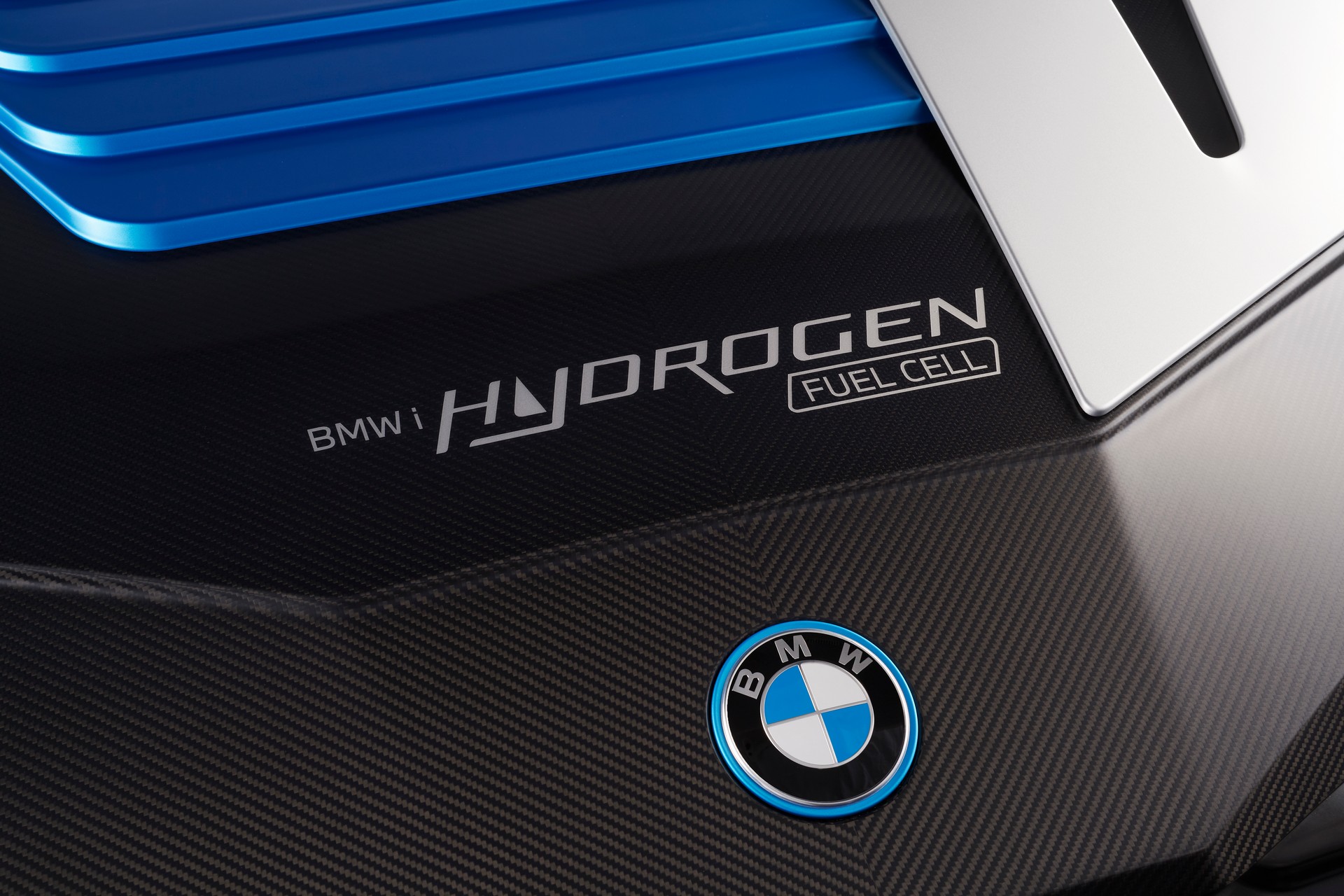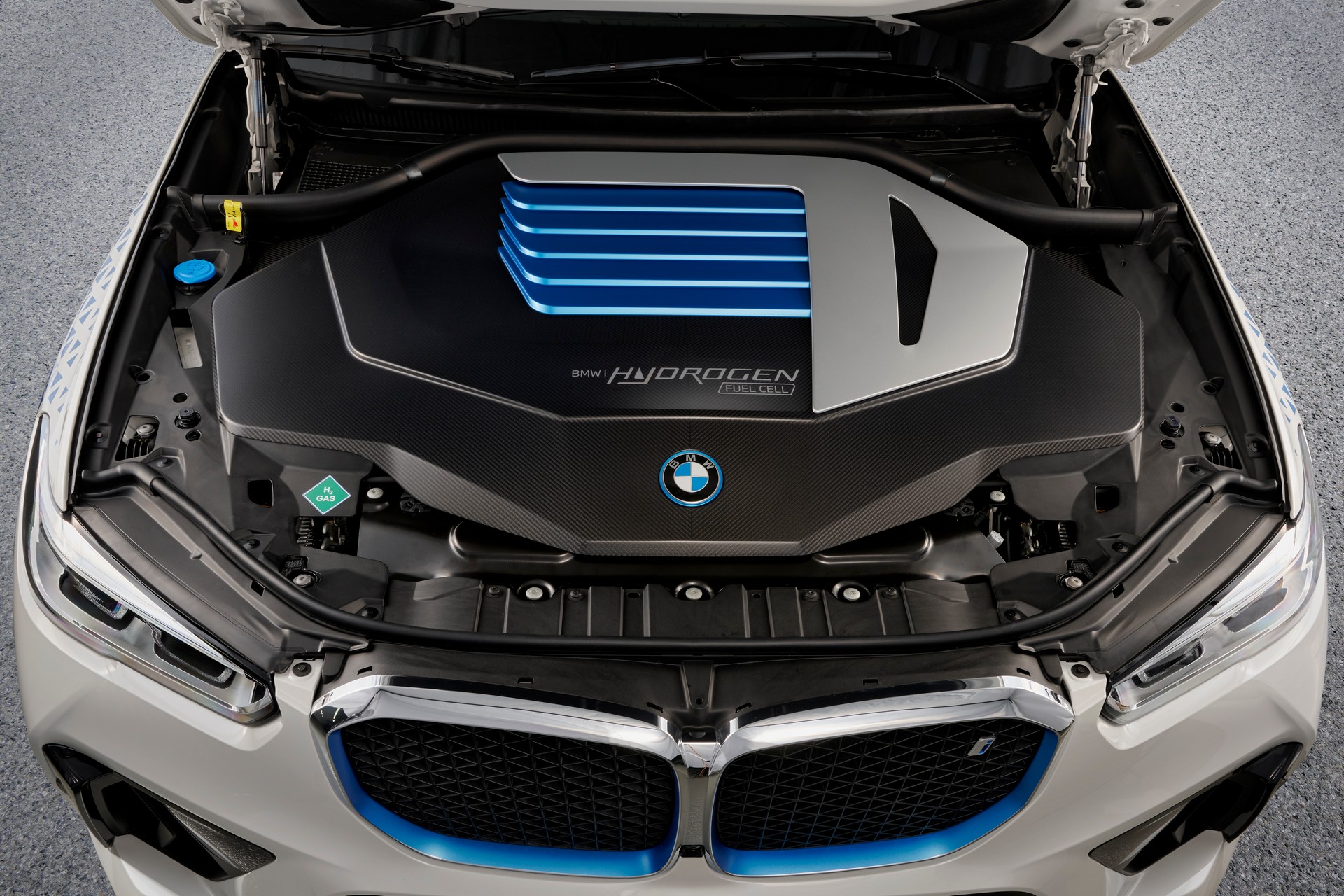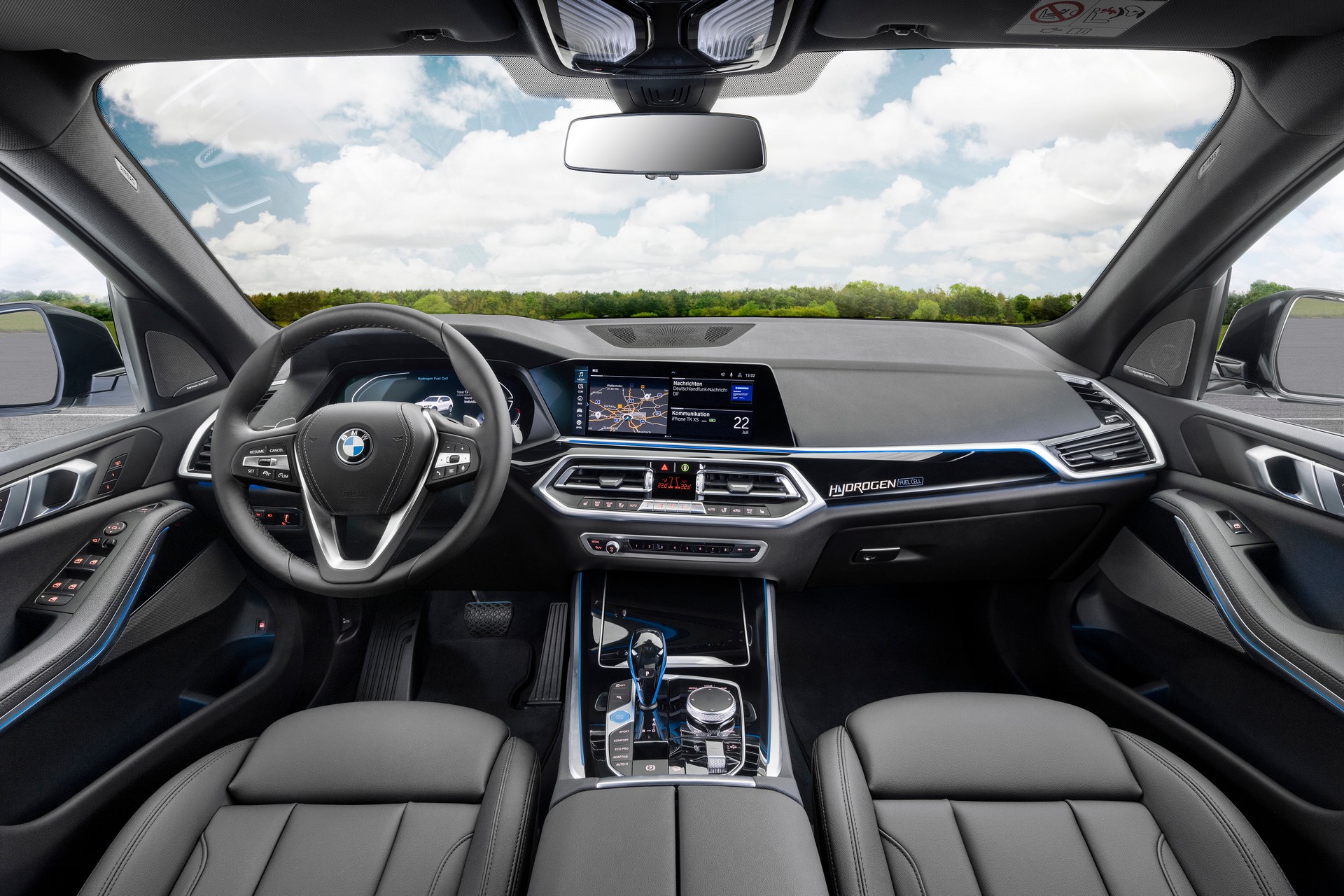BMW might be ramping up its battery car offerings, adding the “i” badge to more and more models, and committing to make half of the Group’s new cars EVs by 2030, but the company’s chairman thinks hydrogen, and not batteries, will soon be the most desirable source of motive power.
Chairman Oliver Zipse told reporters that the hydrogen market was some years behind electric, but would soon be a major player.
“After the electric car, which has been going on for about 10 years and scaling up rapidly, the next trend will be hydrogen,” Zipse said in an interview with Bloomberg. “When it’s more scalable, hydrogen will be the hippest thing to drive.”
BMW is one of several carmakers that have been involved in the development of hydrogen-powered cars in the last two decades, and recently announced the iX5, a hydrogen-fuelled X5 SUV that will enter production late this year. Others hydrogen-savvy OEMs include Mercedes, Honda and Toyota, the Japanese pair having already put fuel cell vehicles on sale several years ago.
More: BMW Is Ready For ICE Bans Says Boss, But Hints It May Not Be The Way To Go
But BMW’s ambitions for hydrogen aren’t limited to the BMW brand, and could extend to other marques within the BMW portfolio. Speaking alongside Zipse at Rolls Royce’s Goodwood HQ the night before the launch of the new Rolls Spectre EV, the Brit luxury brand’s boss, Torsten Müller-Ötvös, said the idea of a hydrogen Rolls Royce was entirely believable.
“To house, let’s say, fuel cell batteries: Why not? I would not rule that out,” Müller-Ötvös said. “There is a belief in the group that this is maybe the long-term future.”
But one thing Zipse was clear about is there is no one power source that is so perfect it should sideline all others. Electric power makes sense in urban areas in developed countries where there’s ready access to charging infrastructure, but in other situations hydrogen could be preferable.
“To say in the UK about 2030 or the UK and in Europe in 2035, there’s only one drivetrain, that is a dangerous thing,” Zipse told reporters. “For the customers, for the industry, for employment, for the climate, from every angle you look at, that is a dangerous path to go to.”




